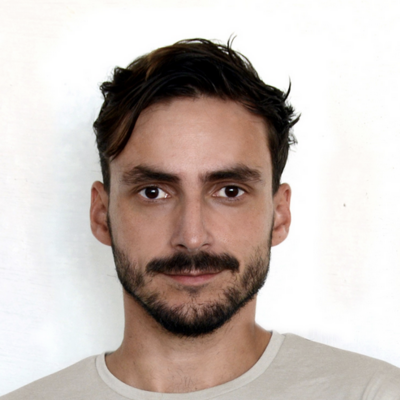

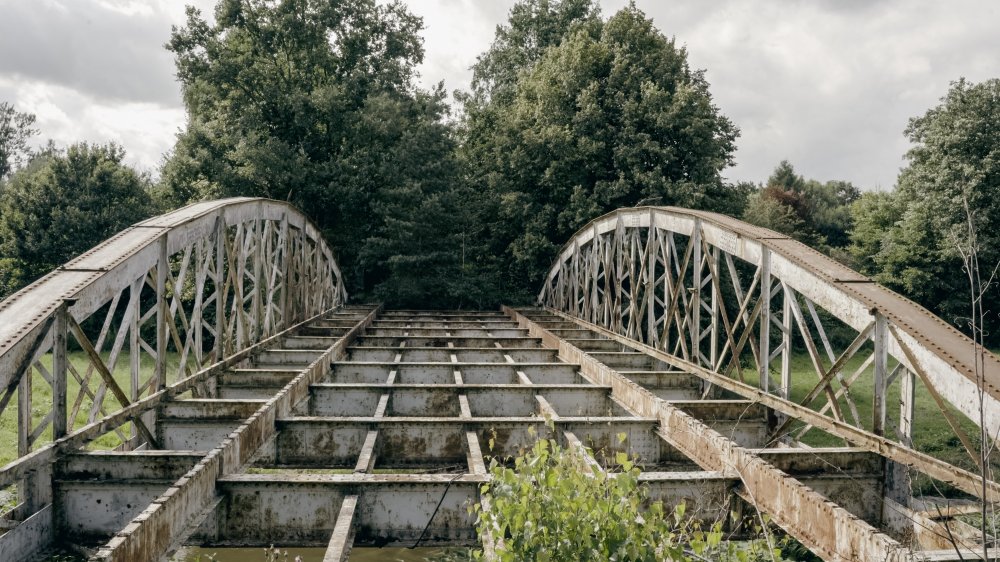
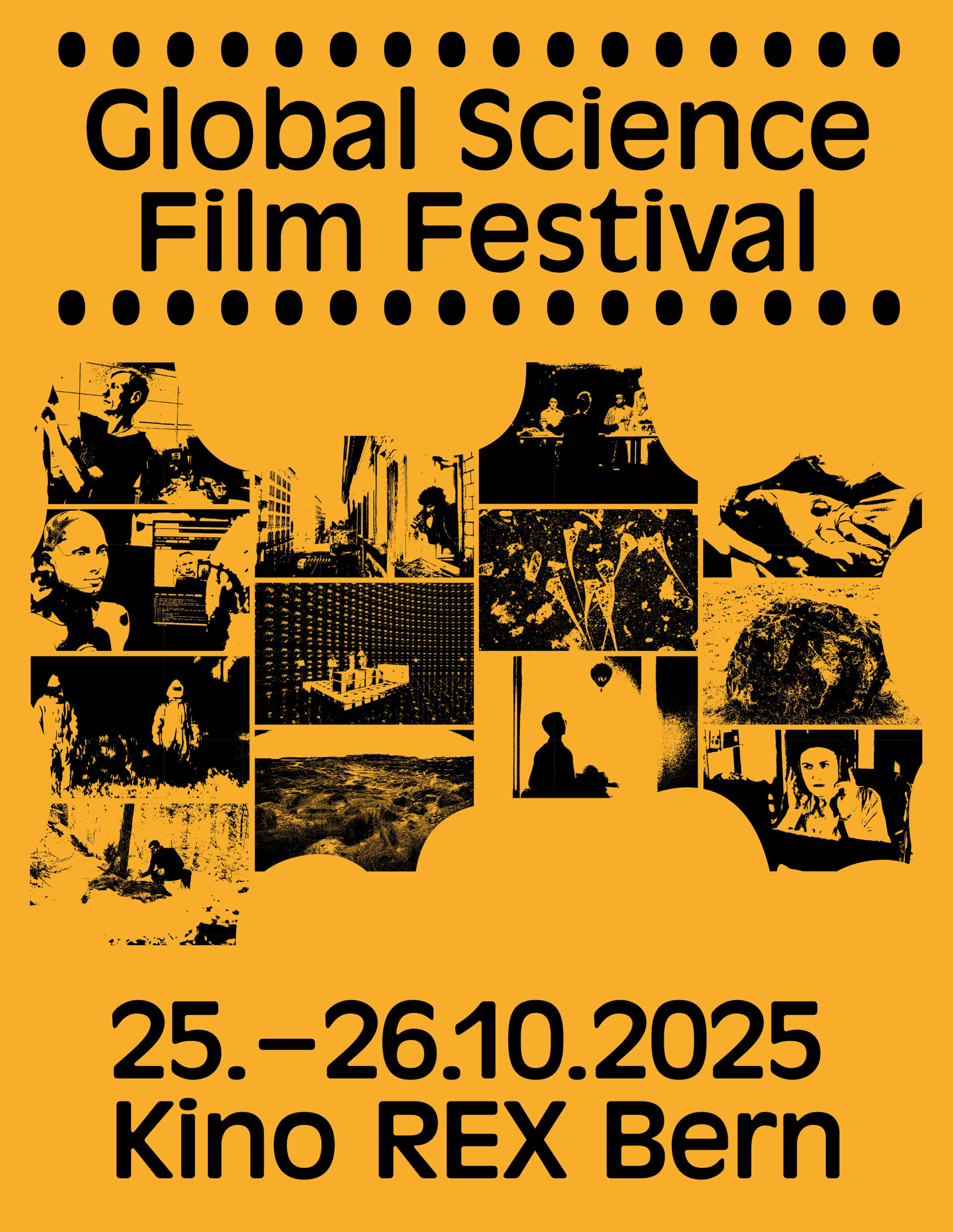
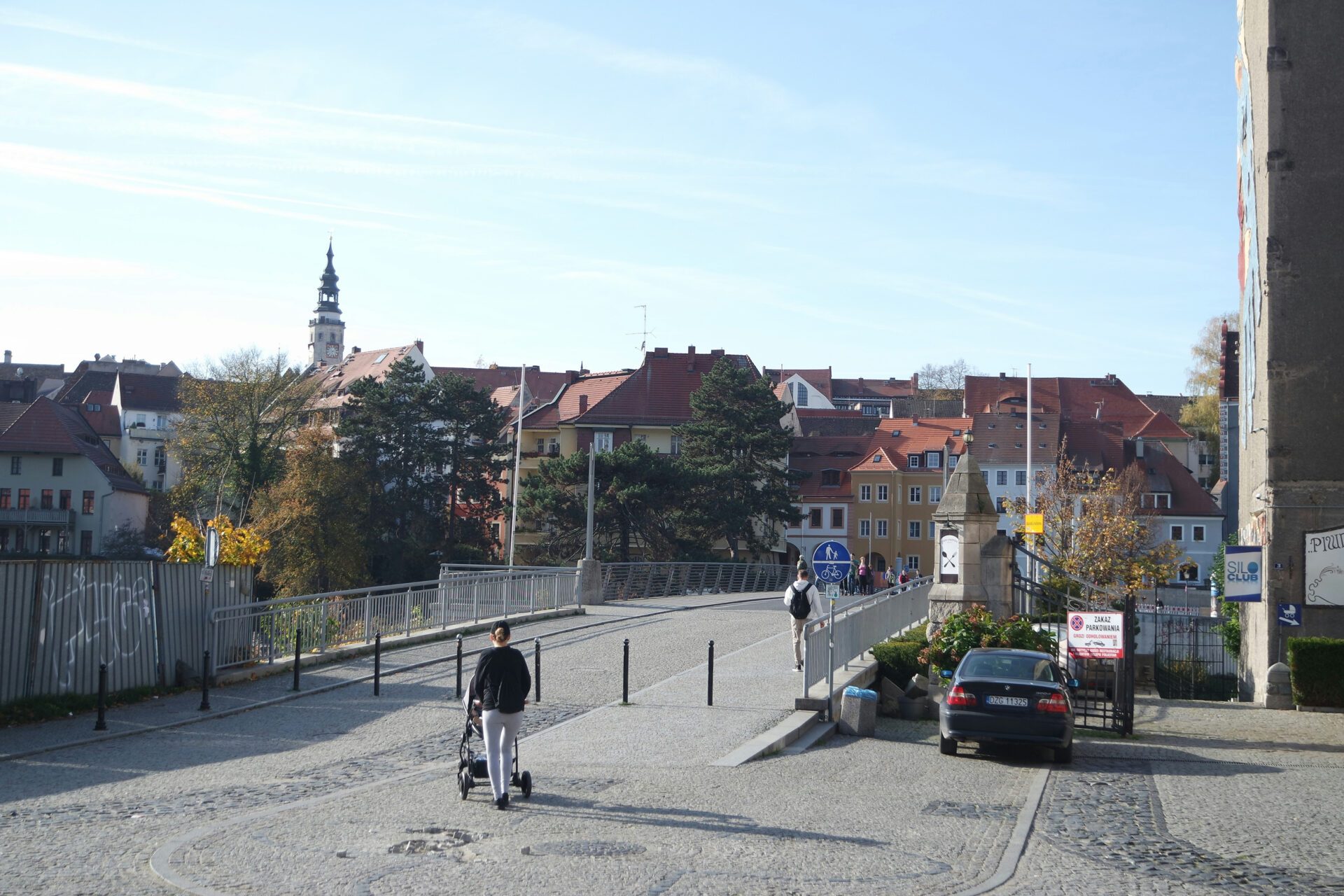
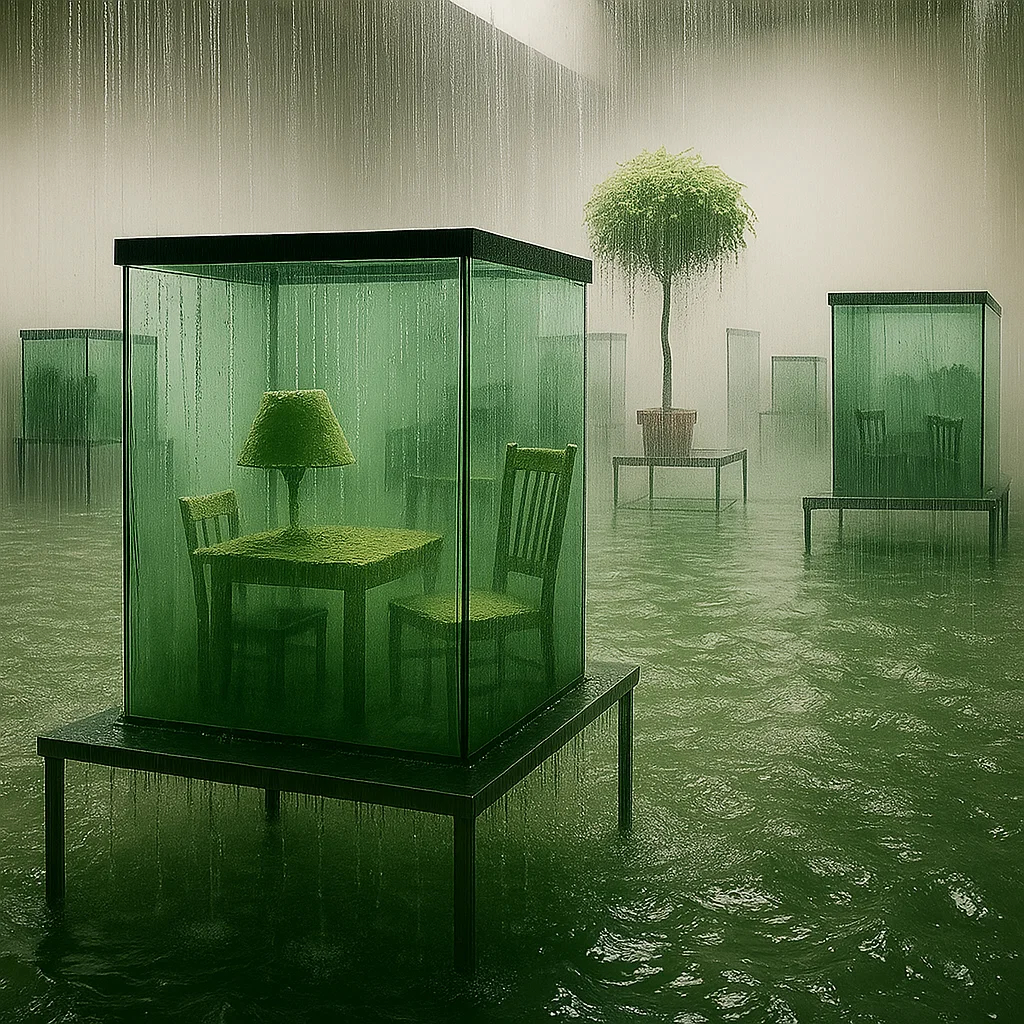


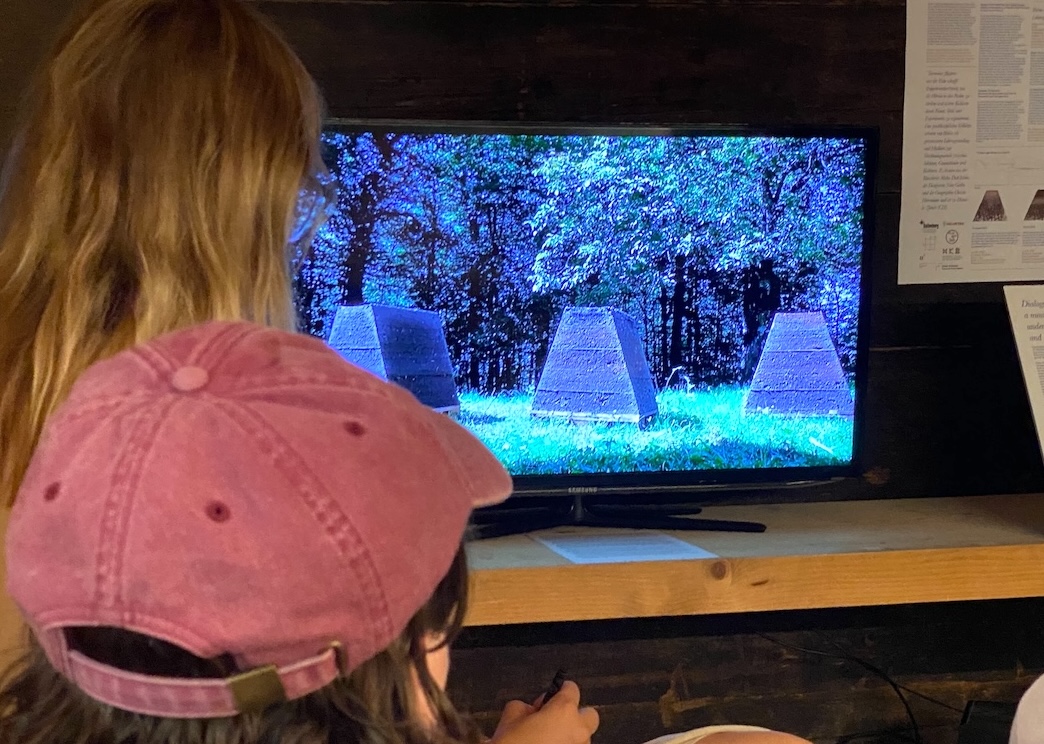


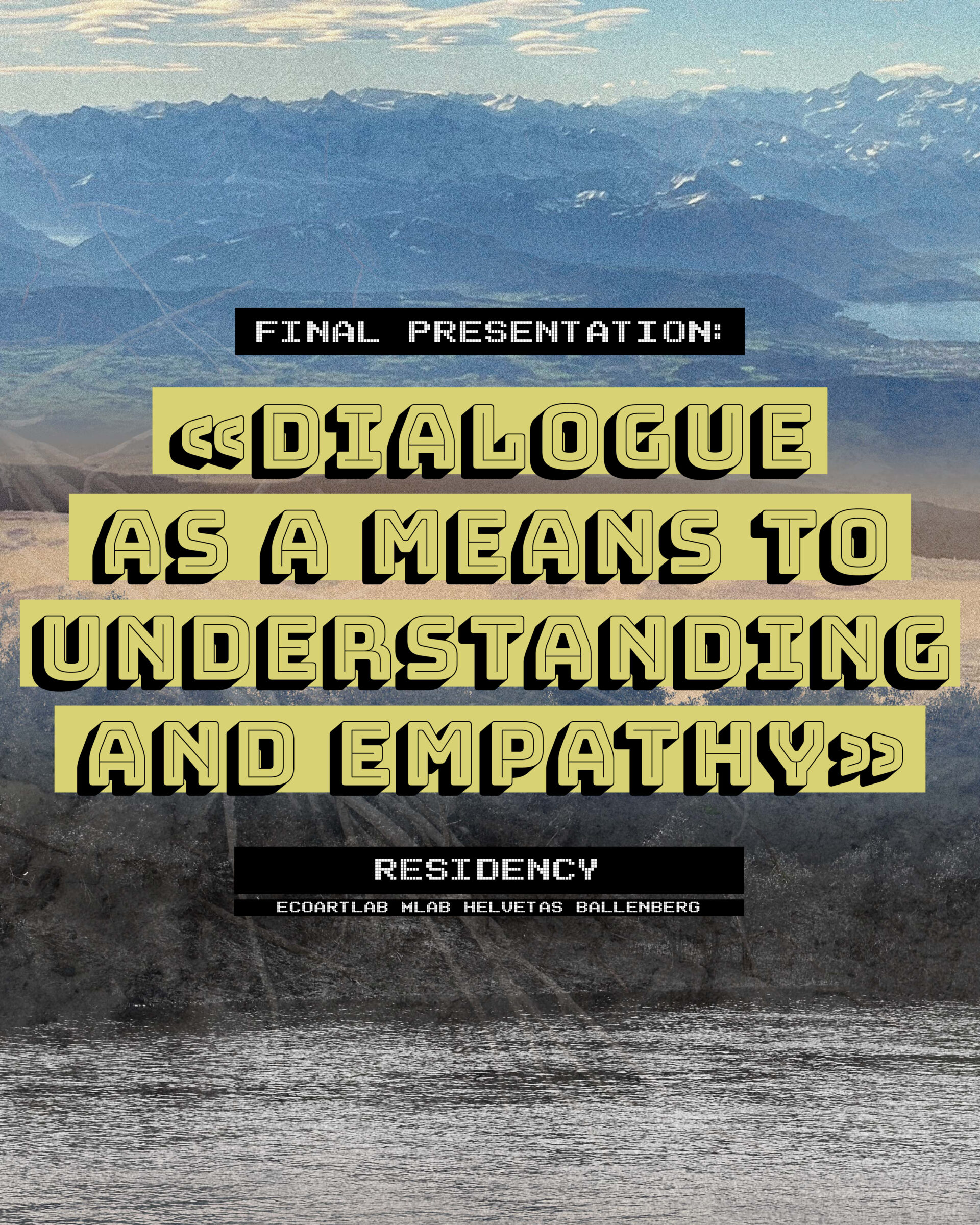
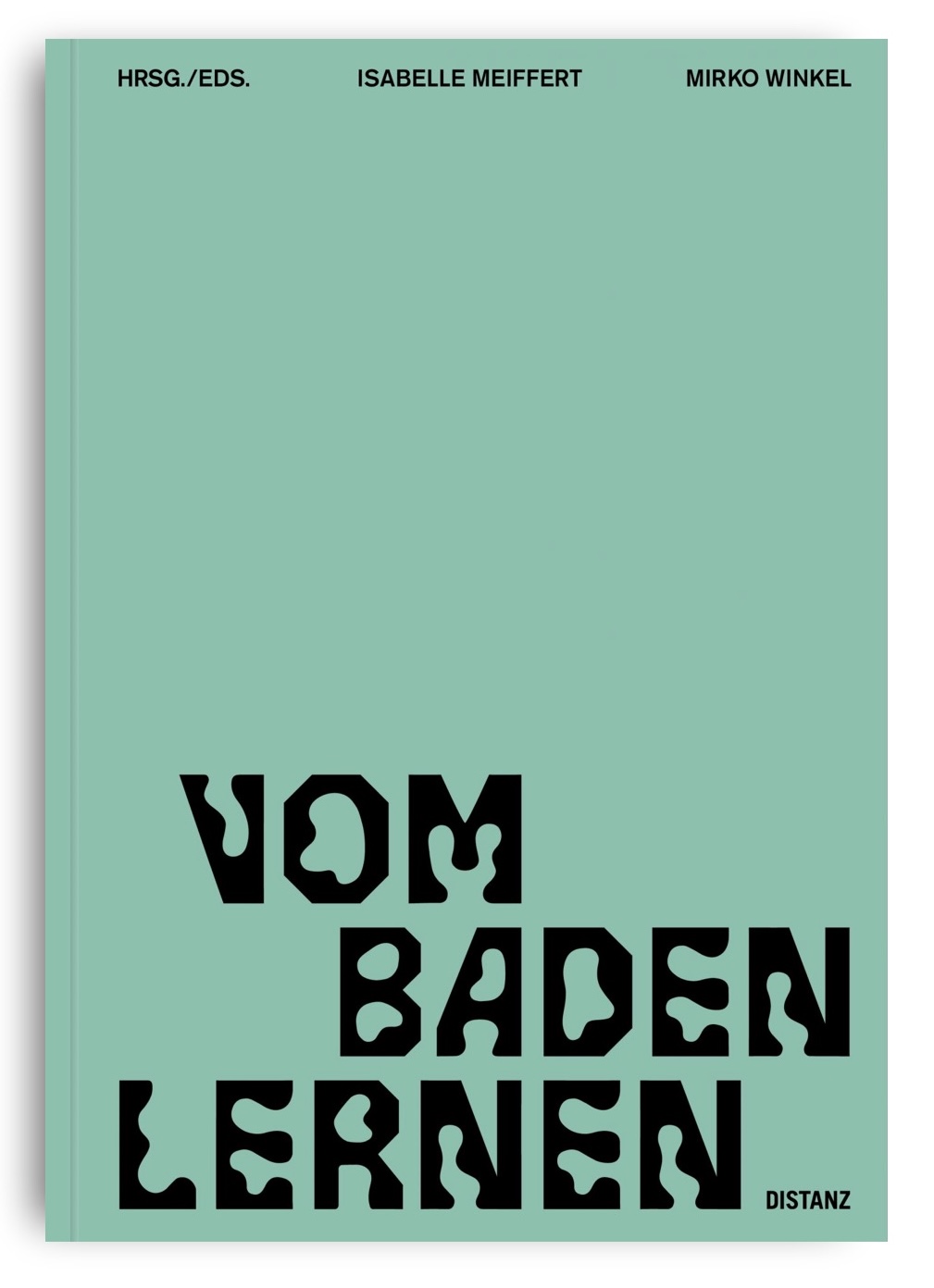
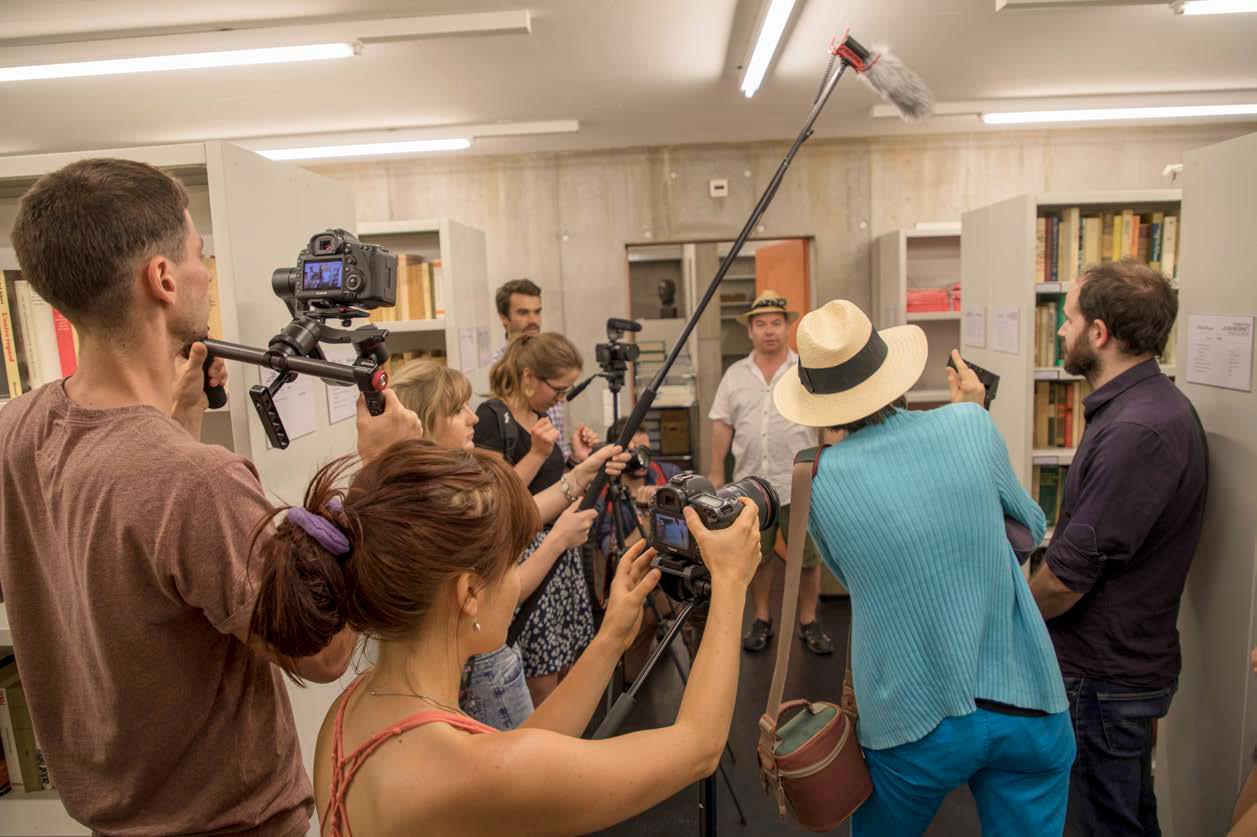
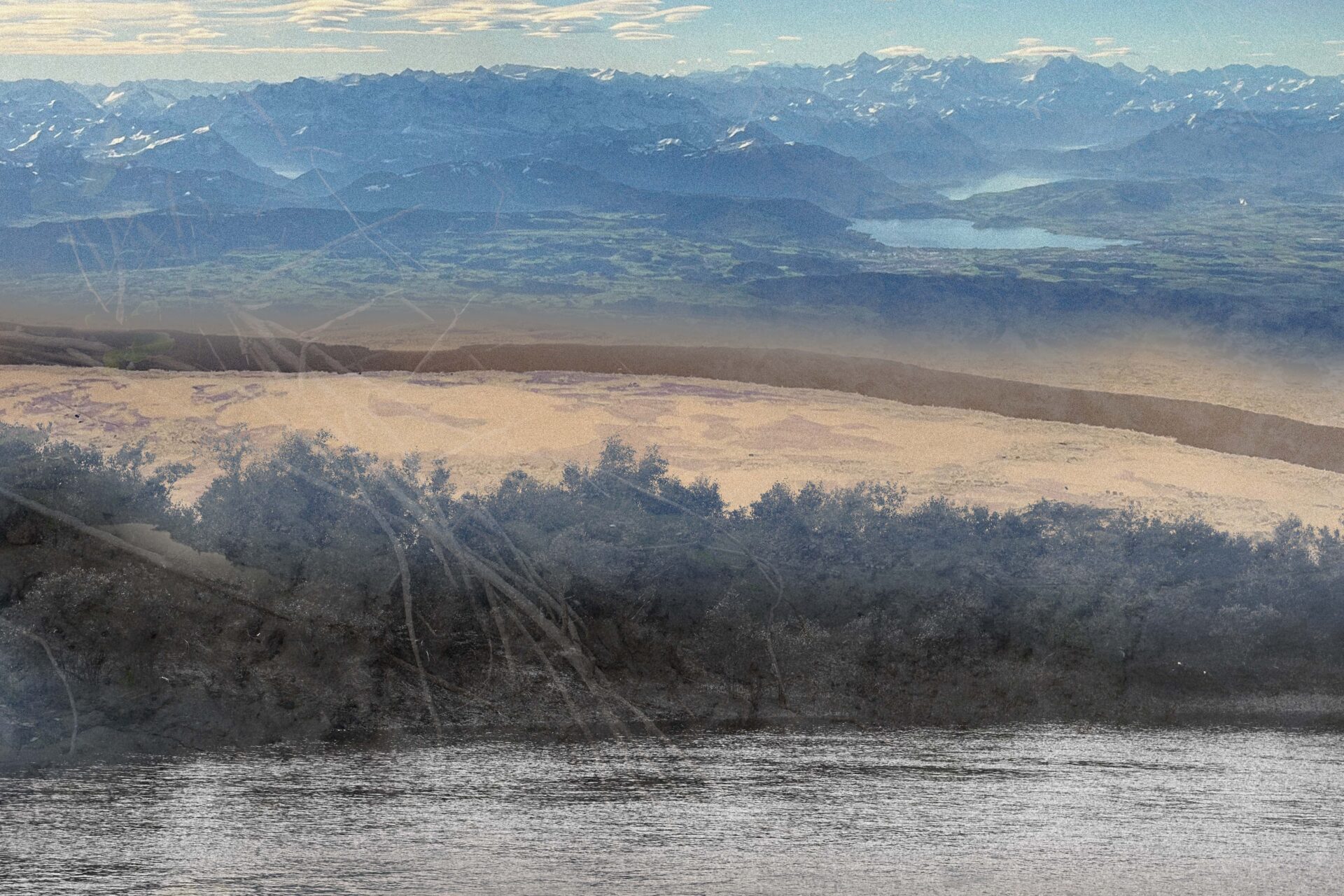
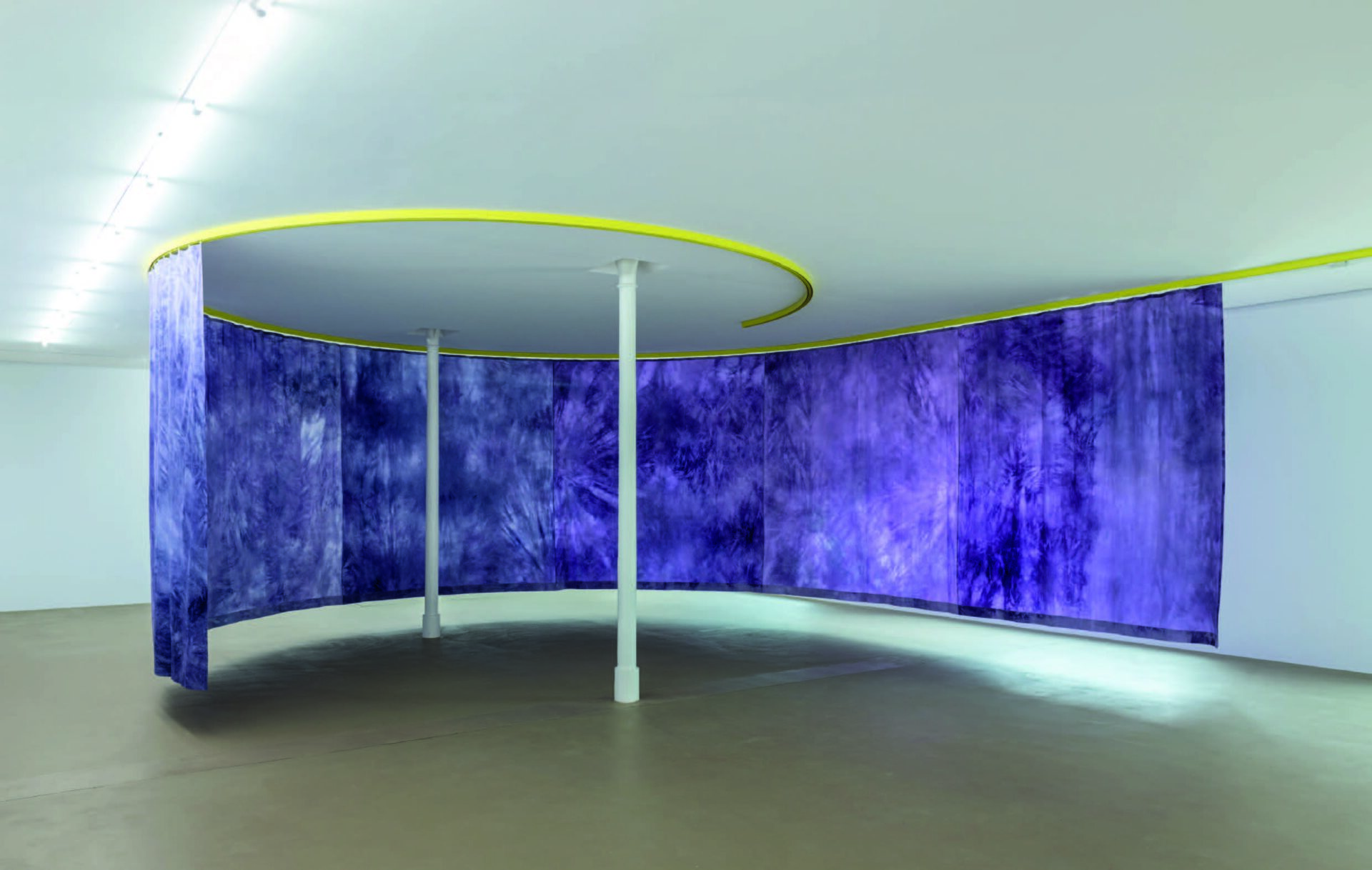
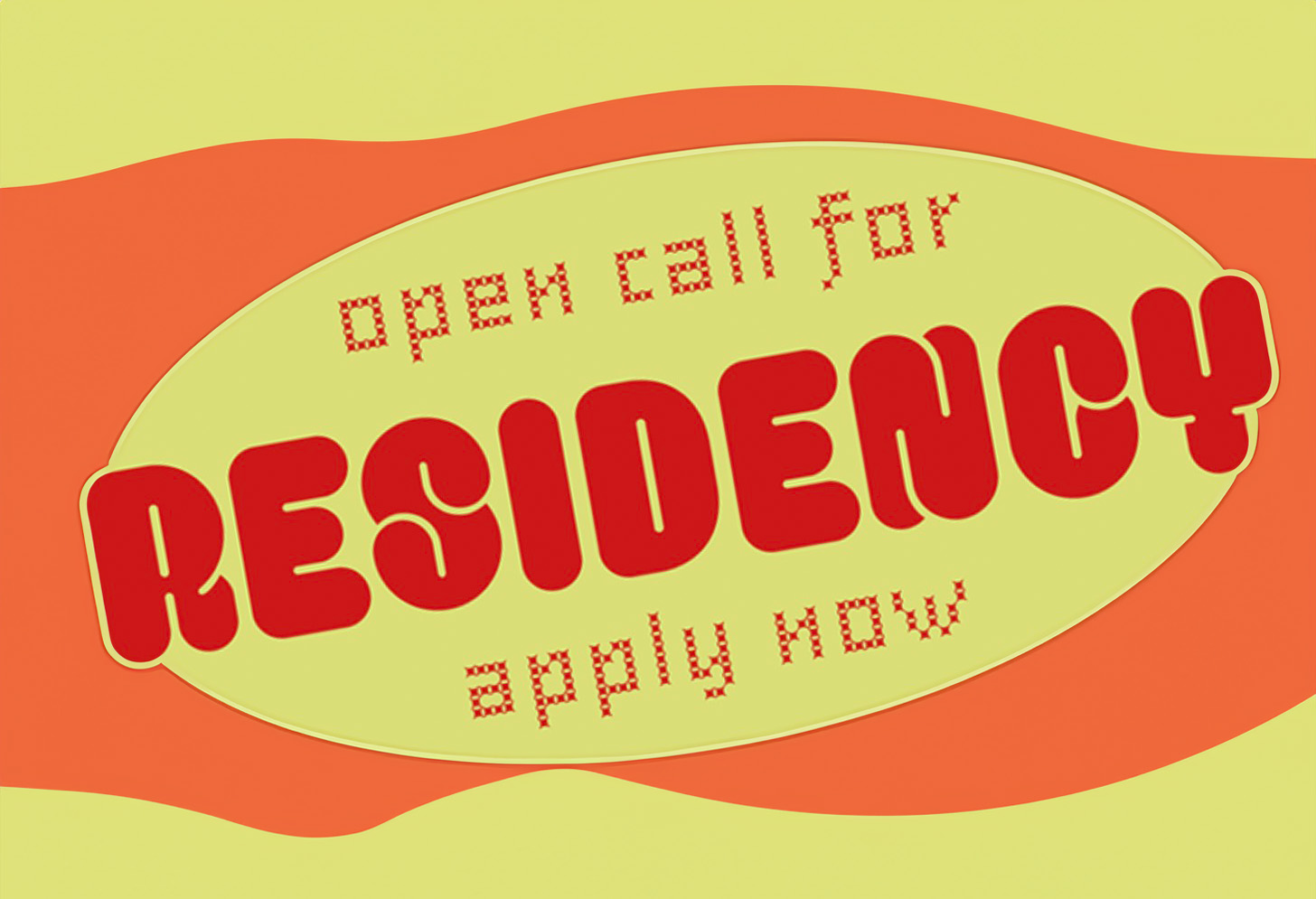
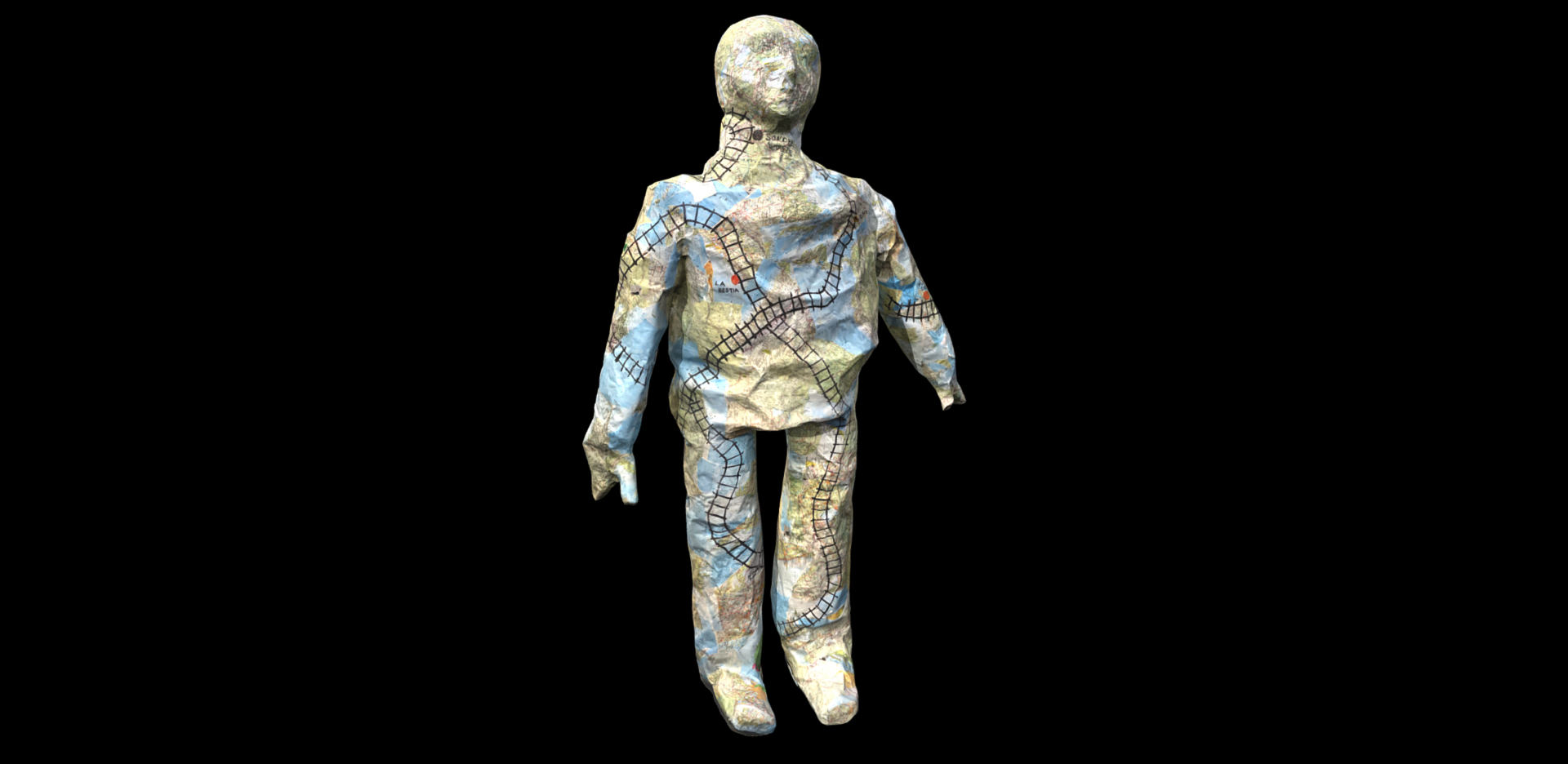
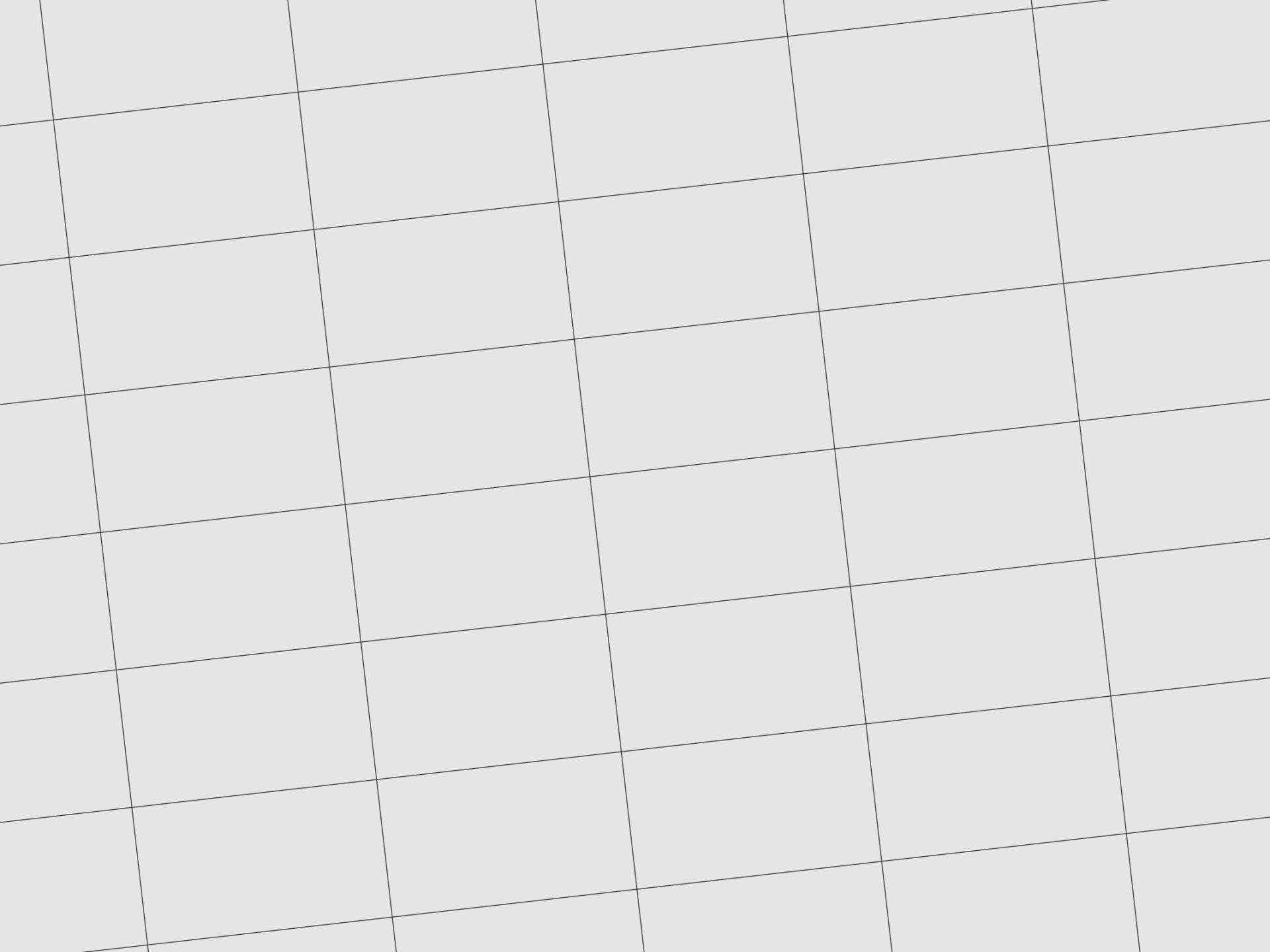
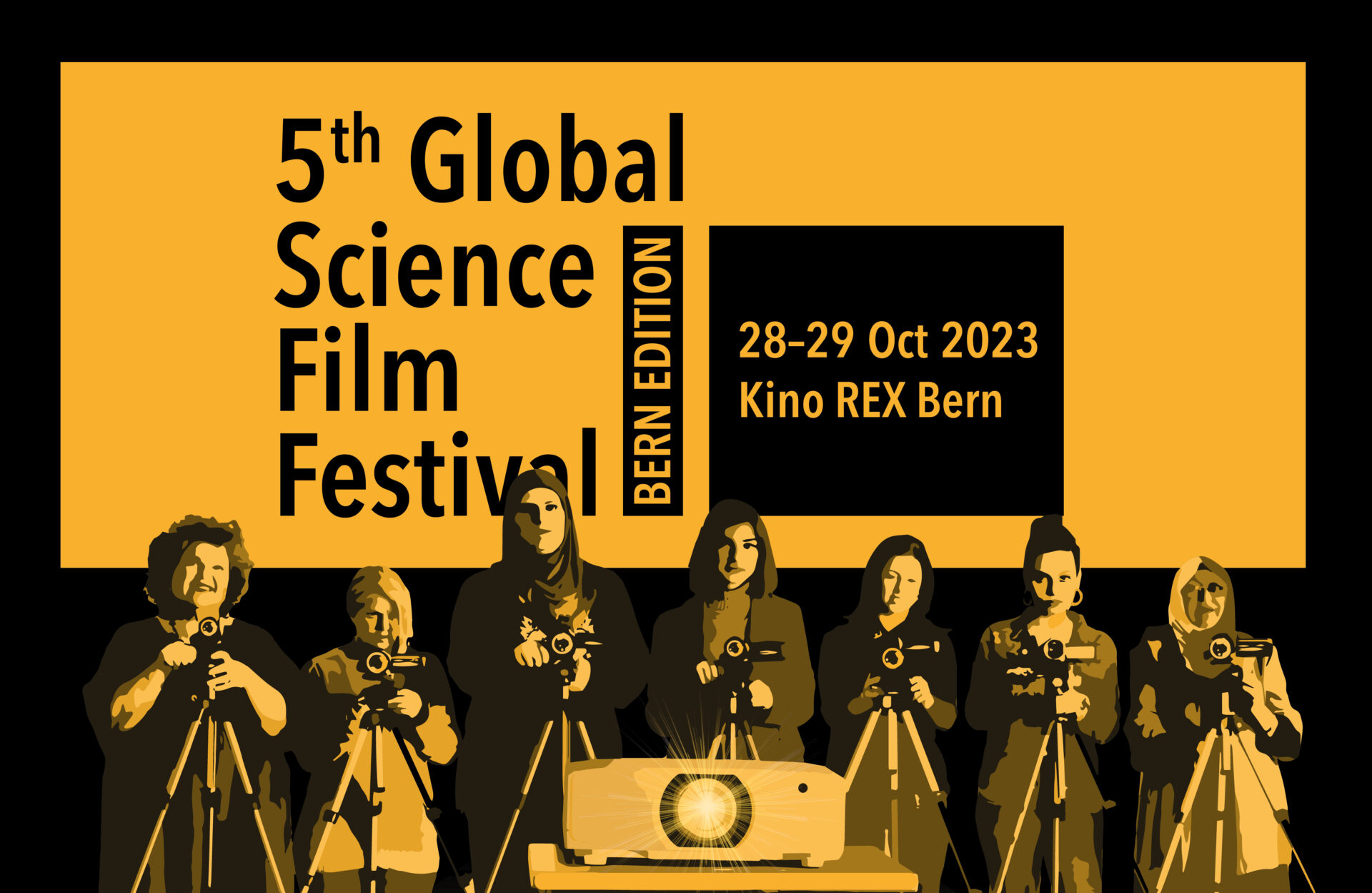
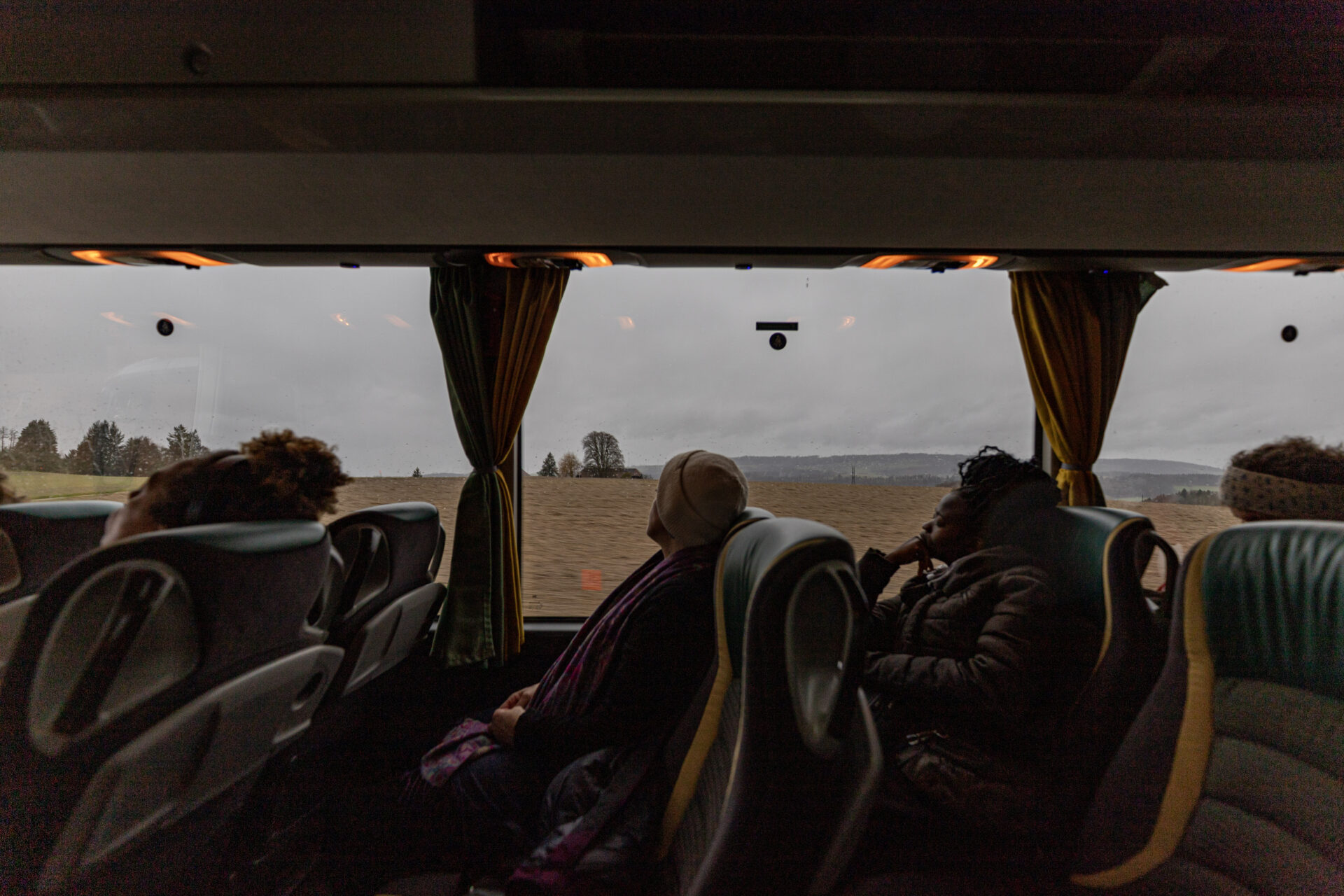
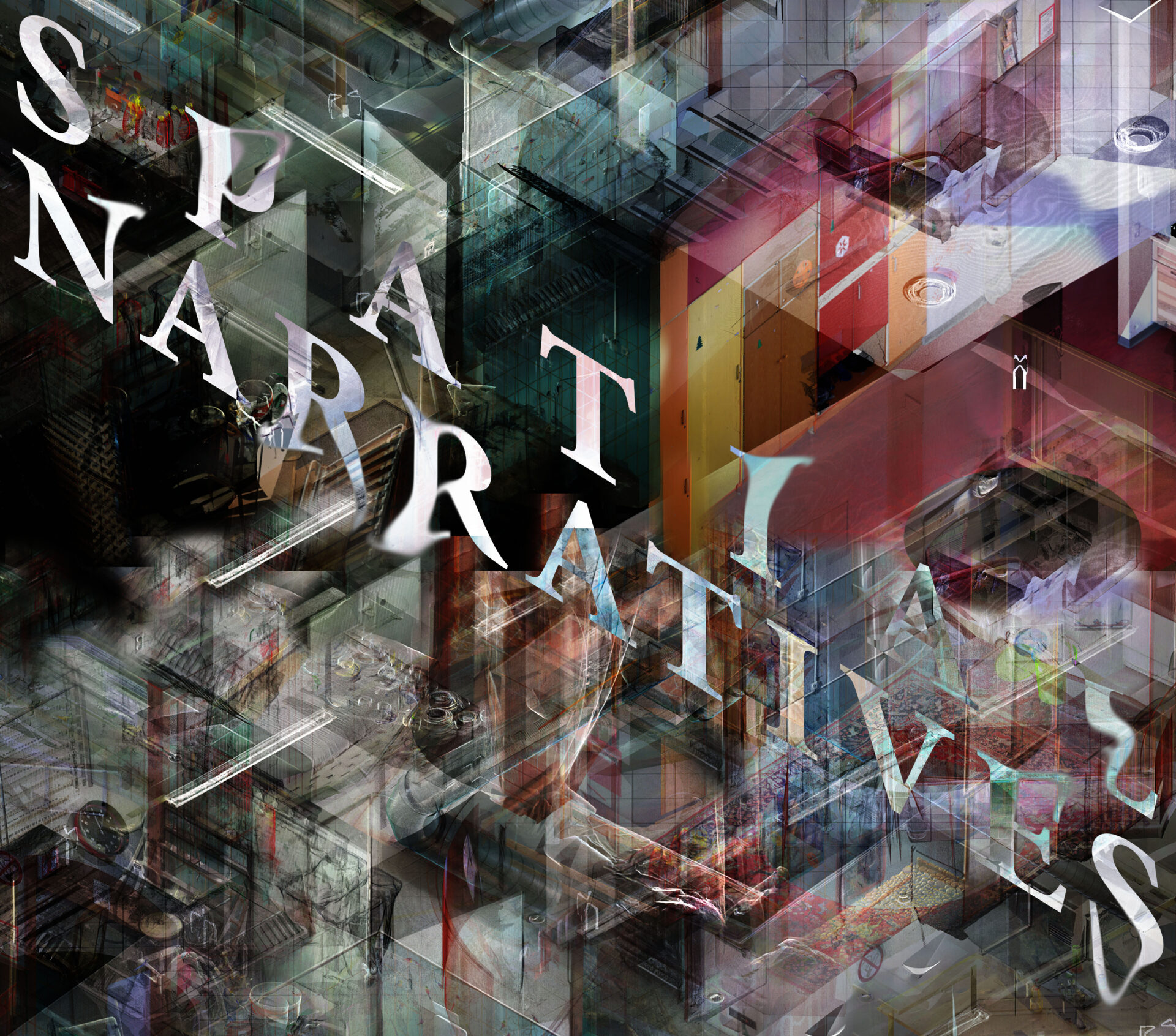
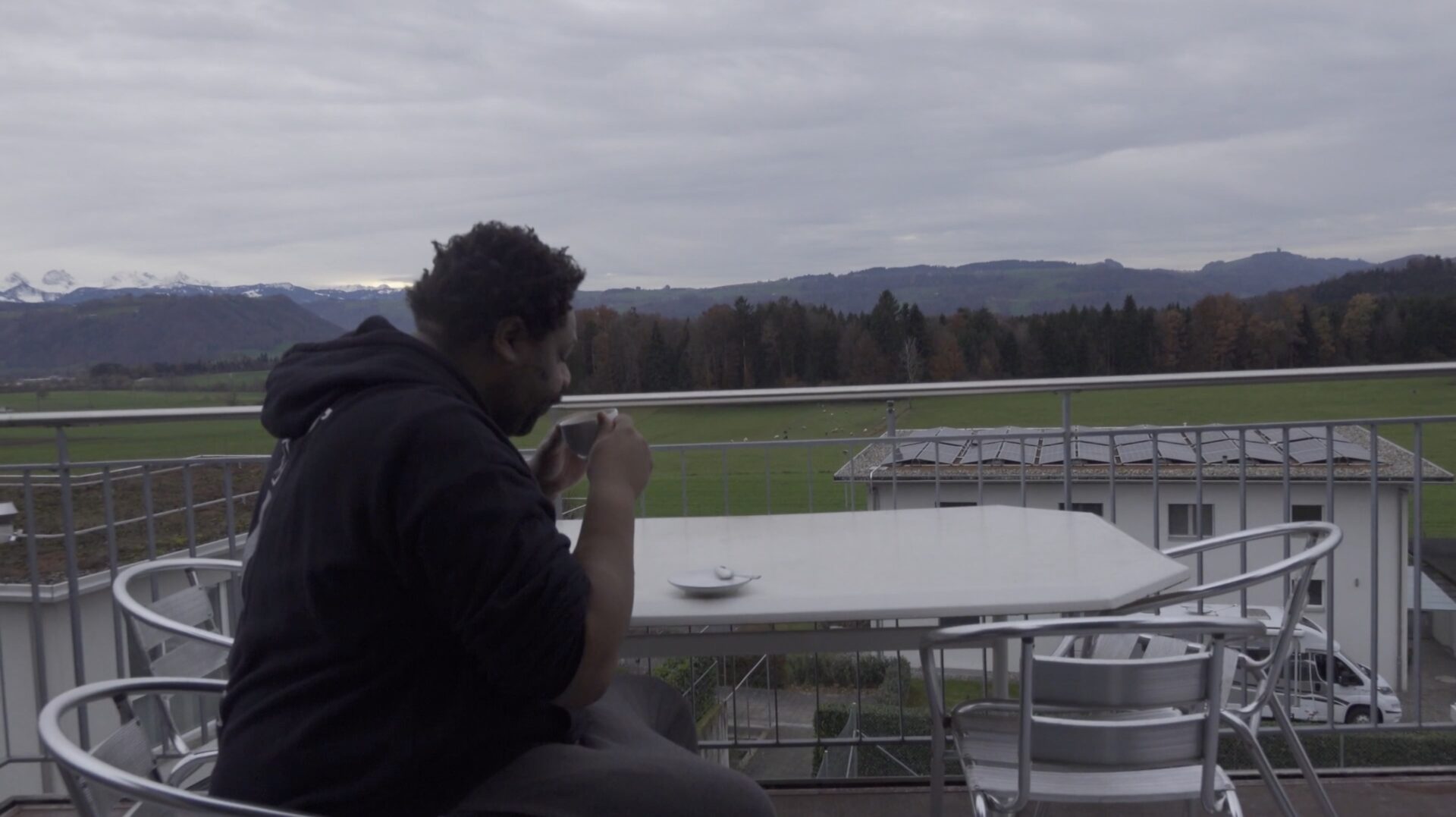
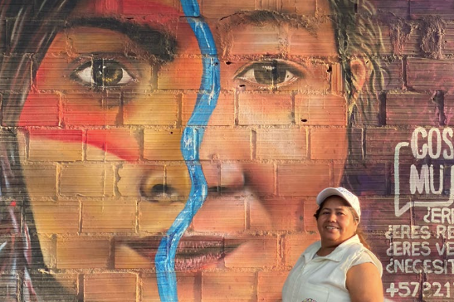
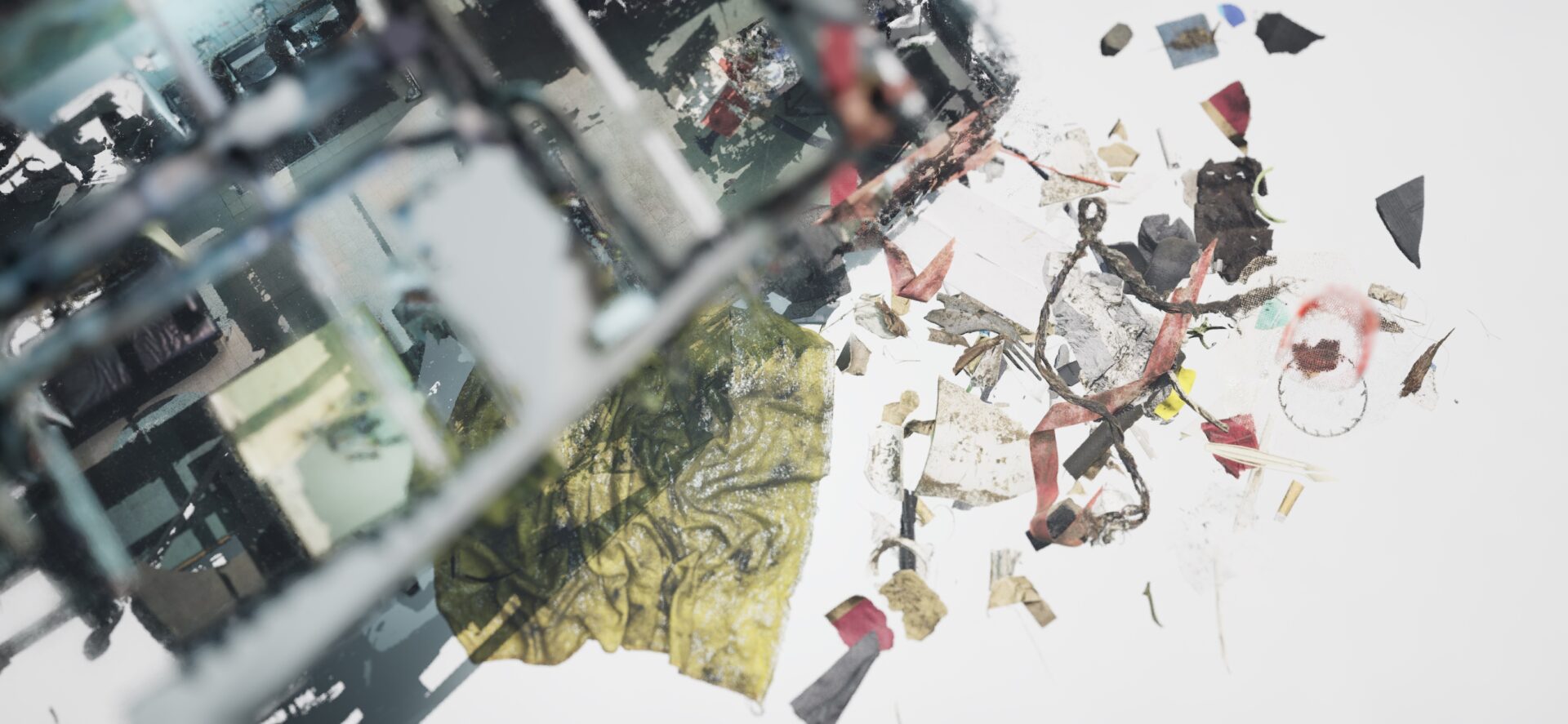

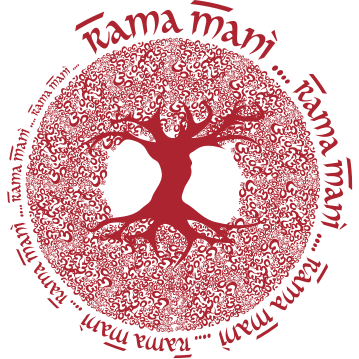
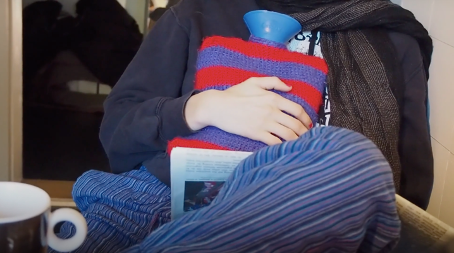


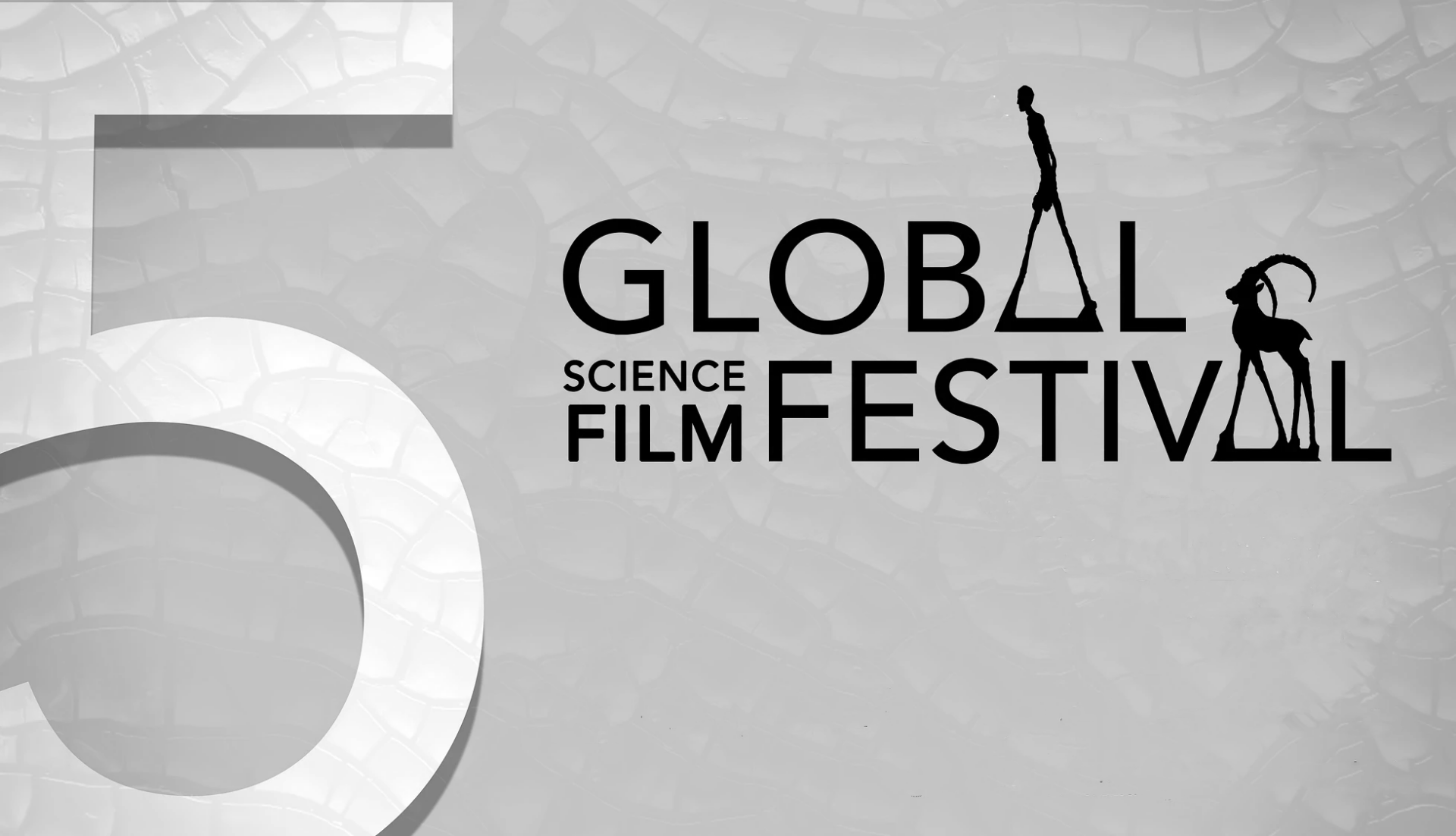

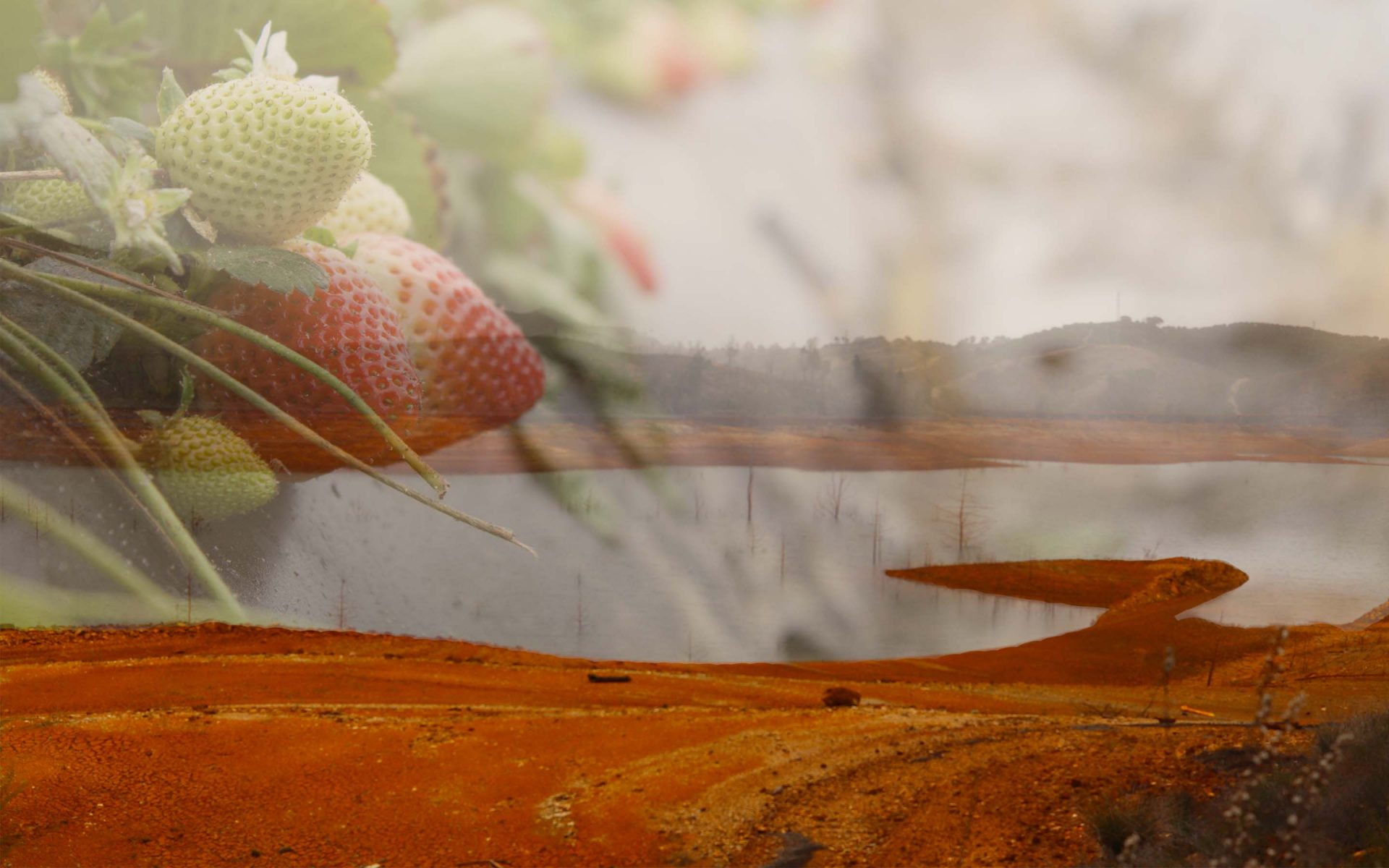
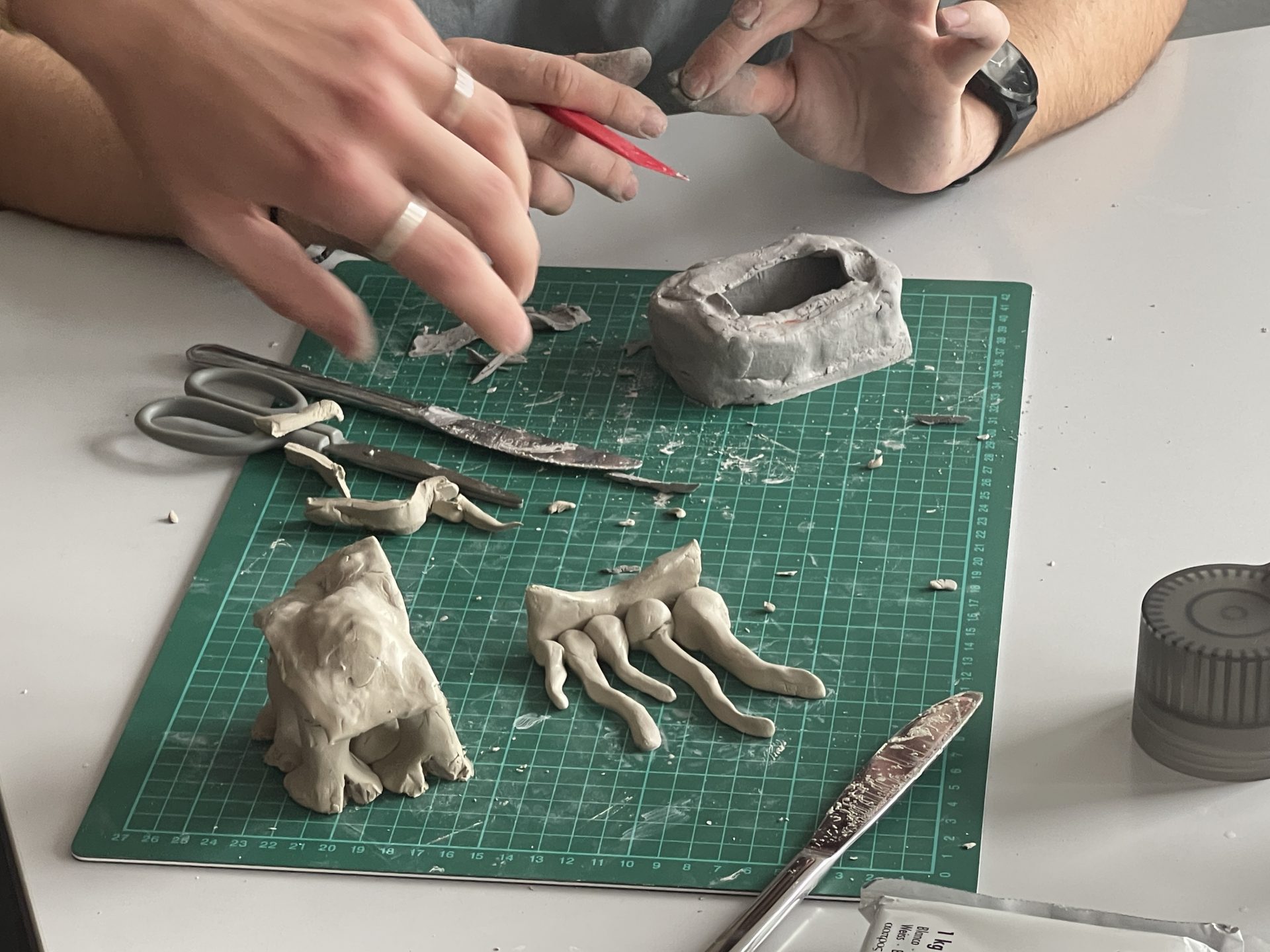
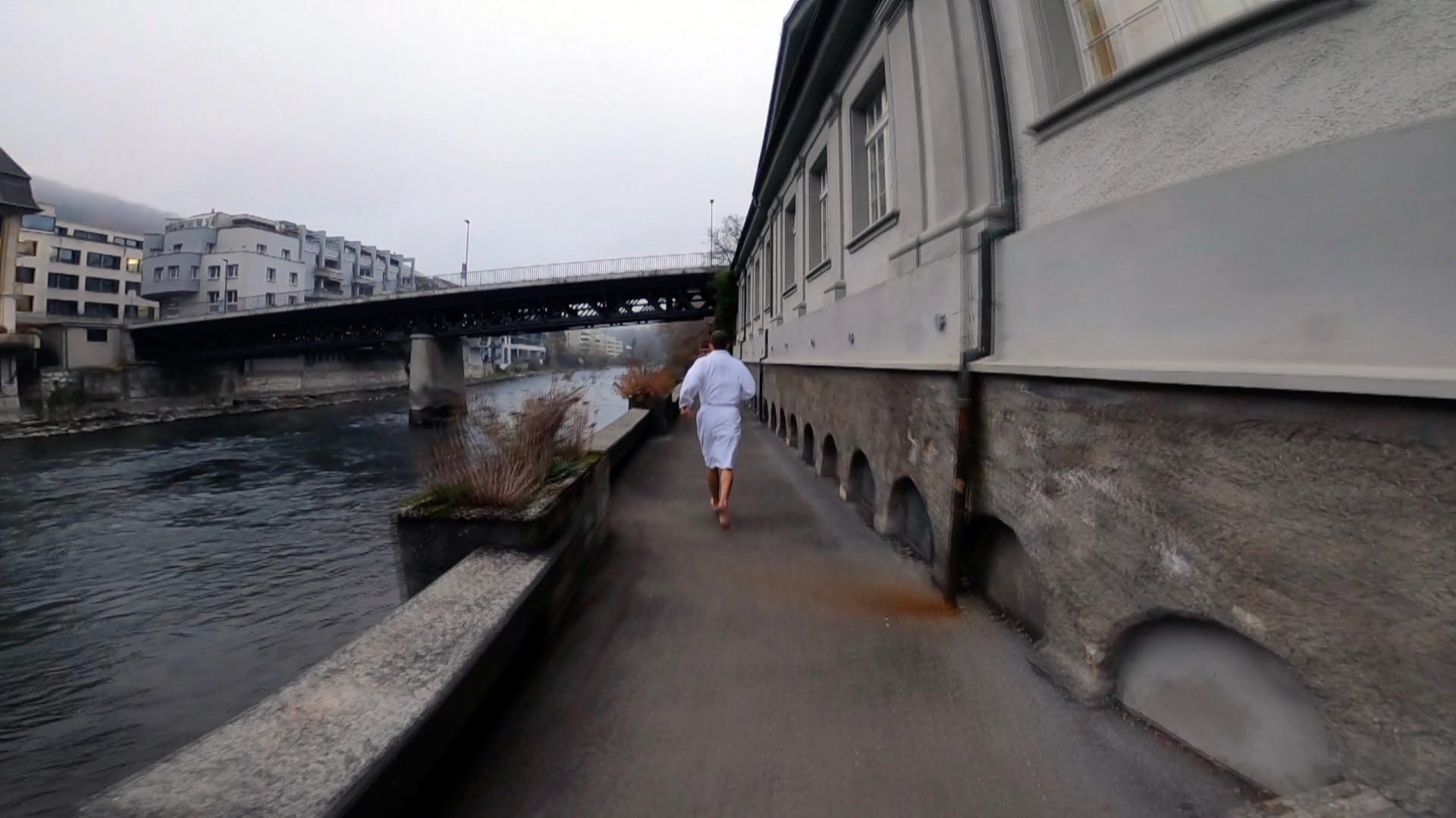
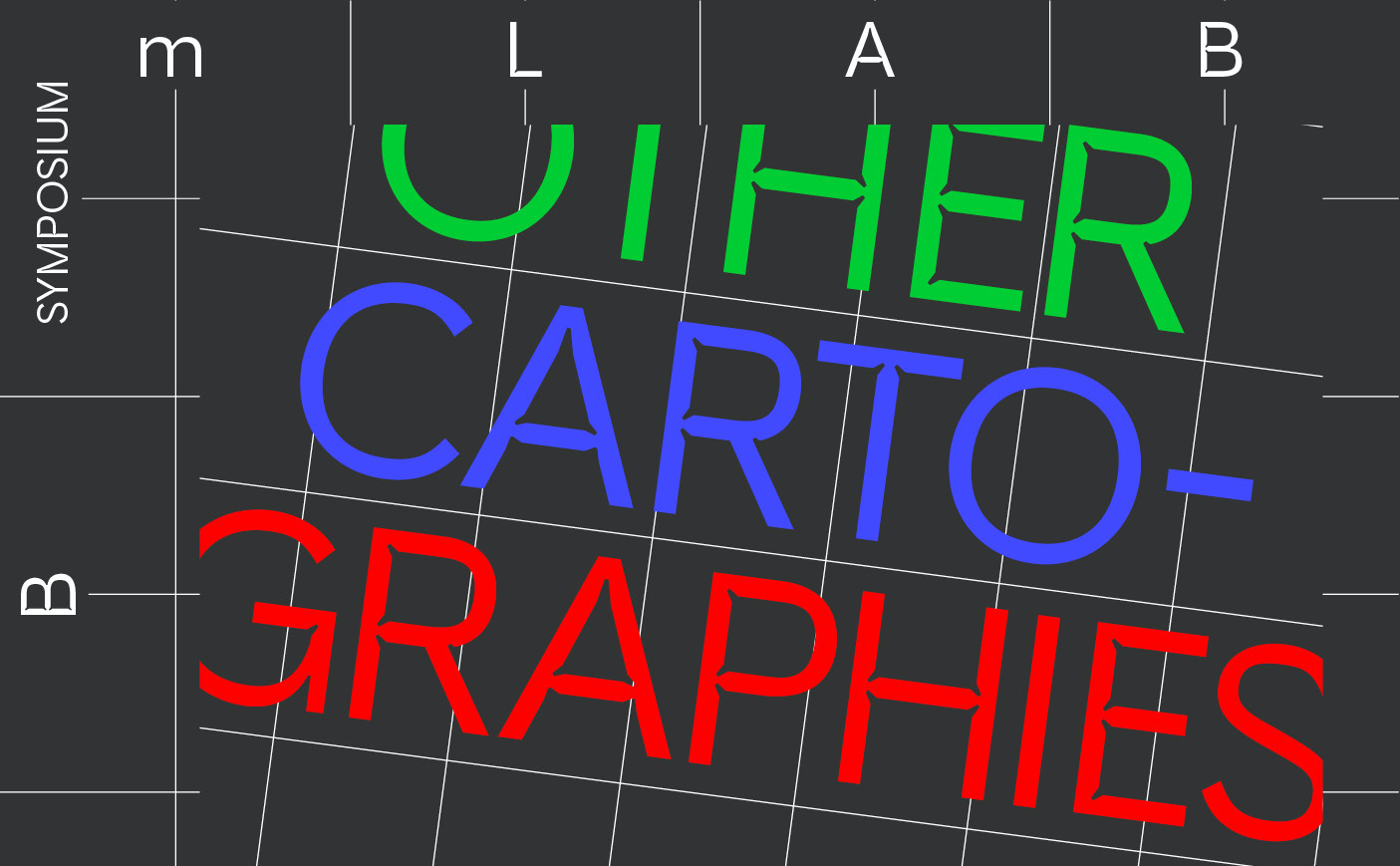

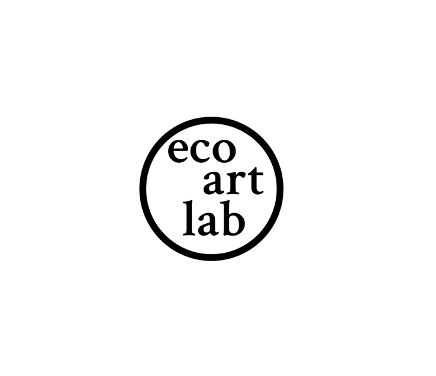

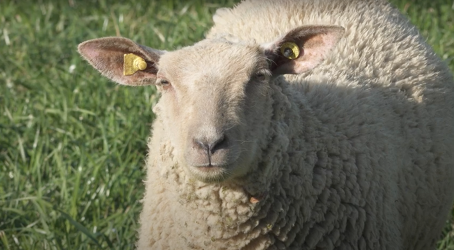

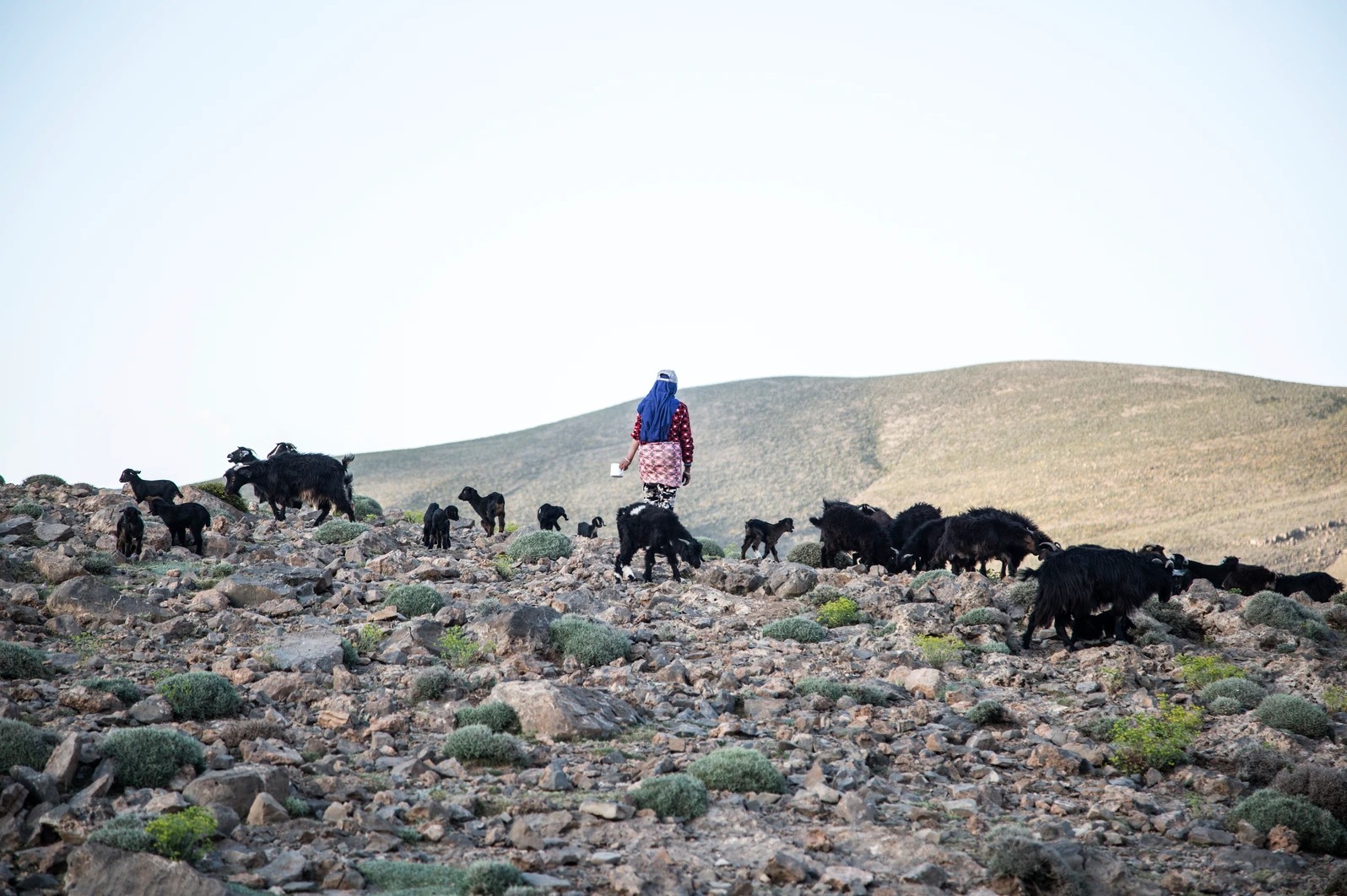
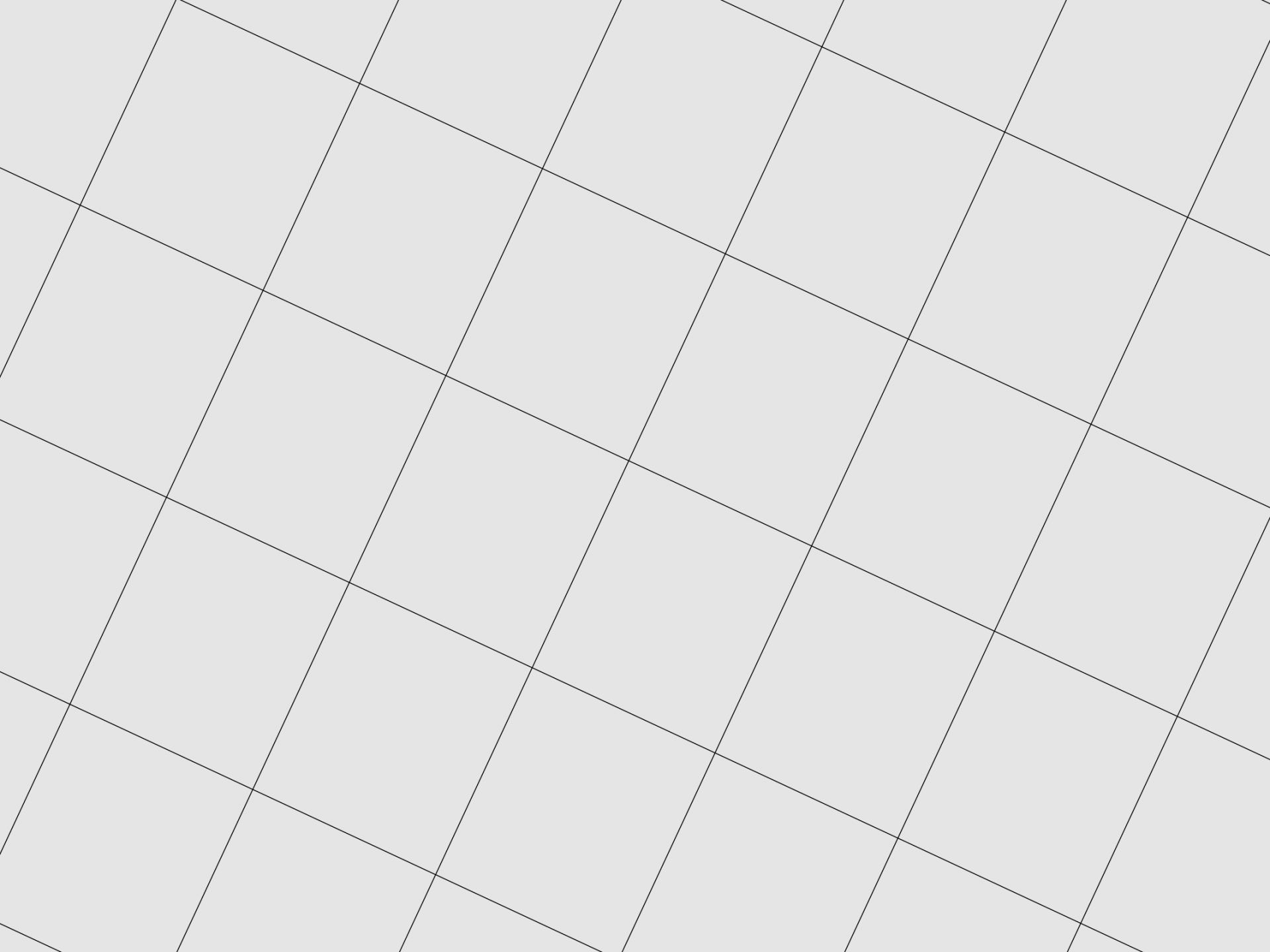
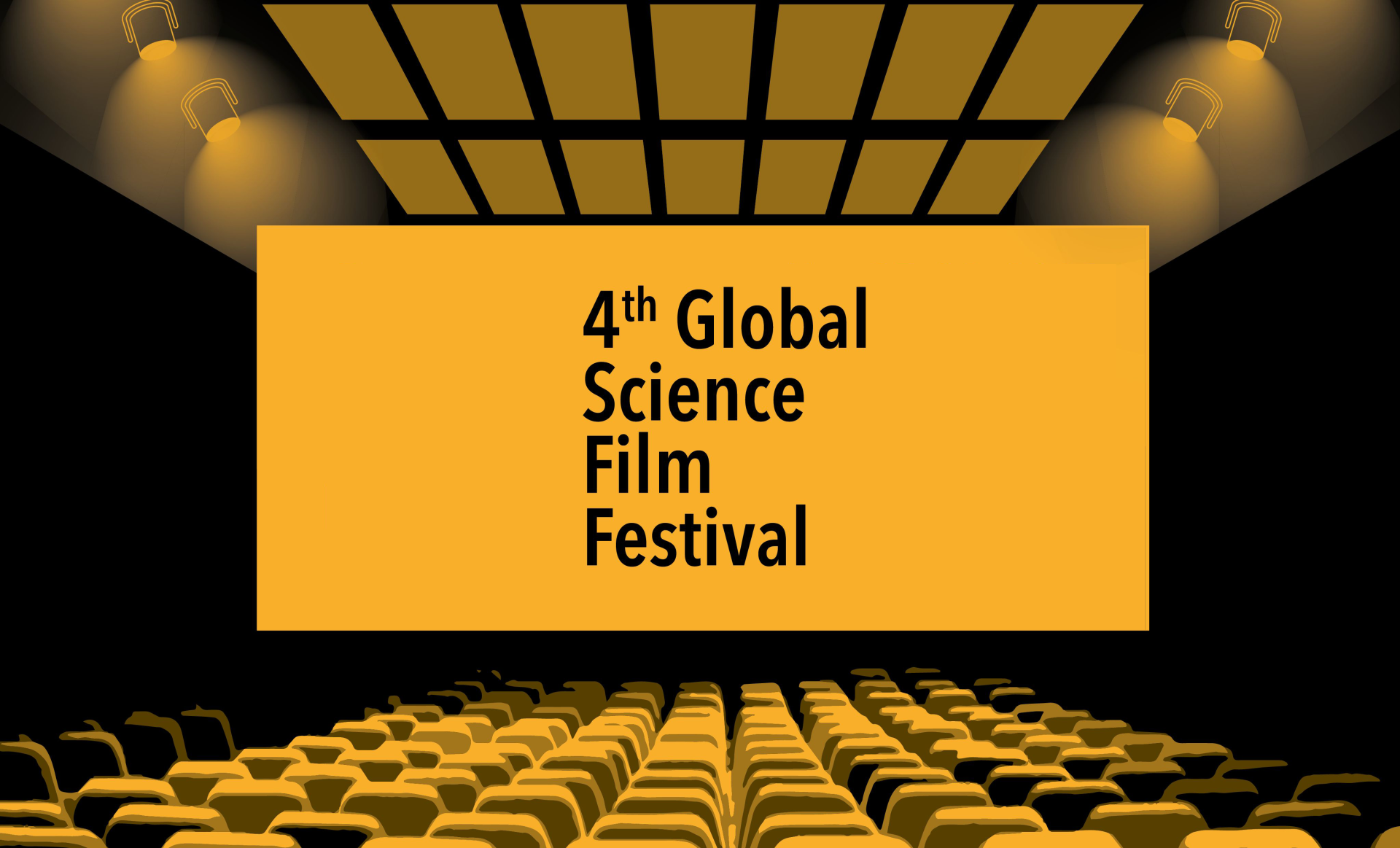
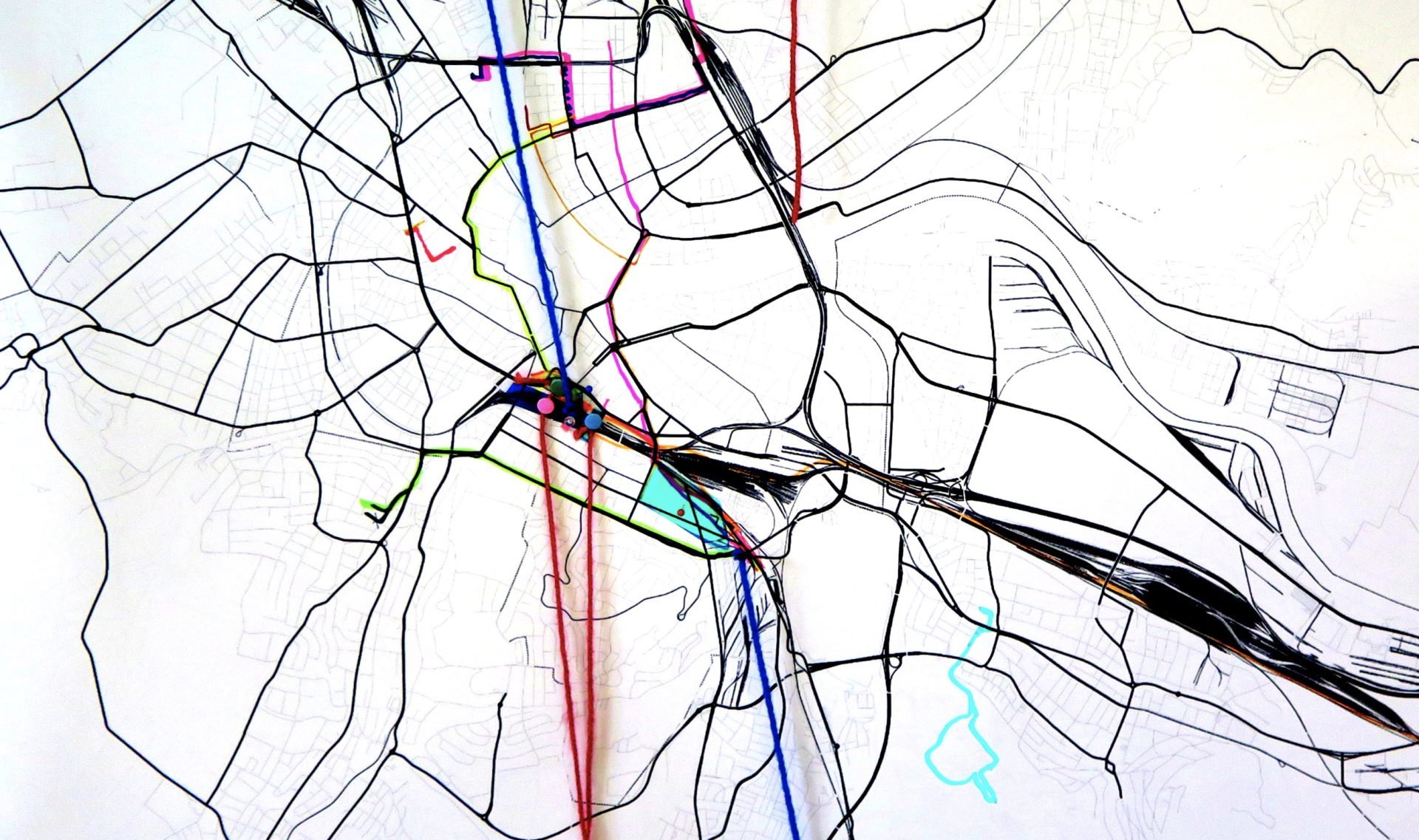

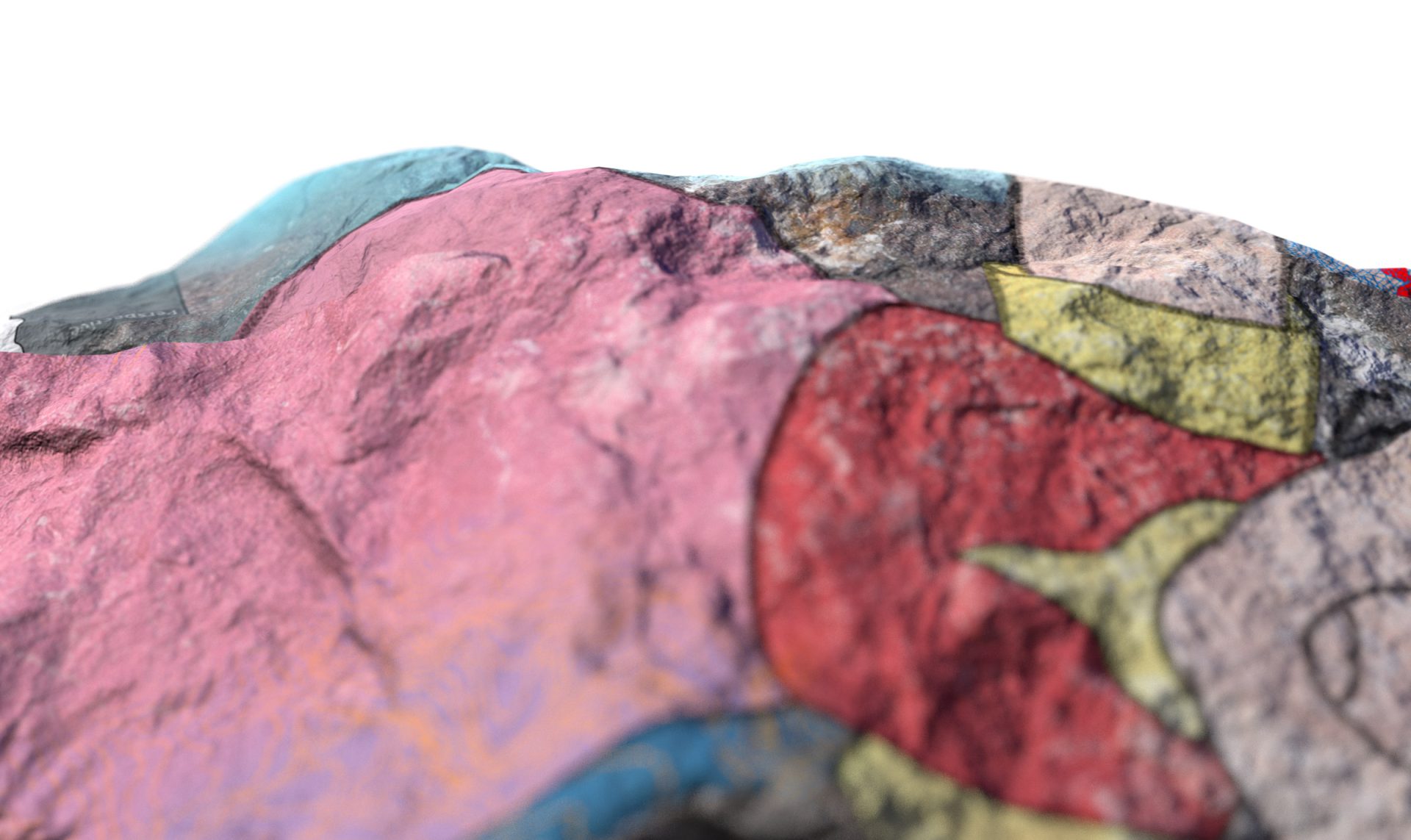


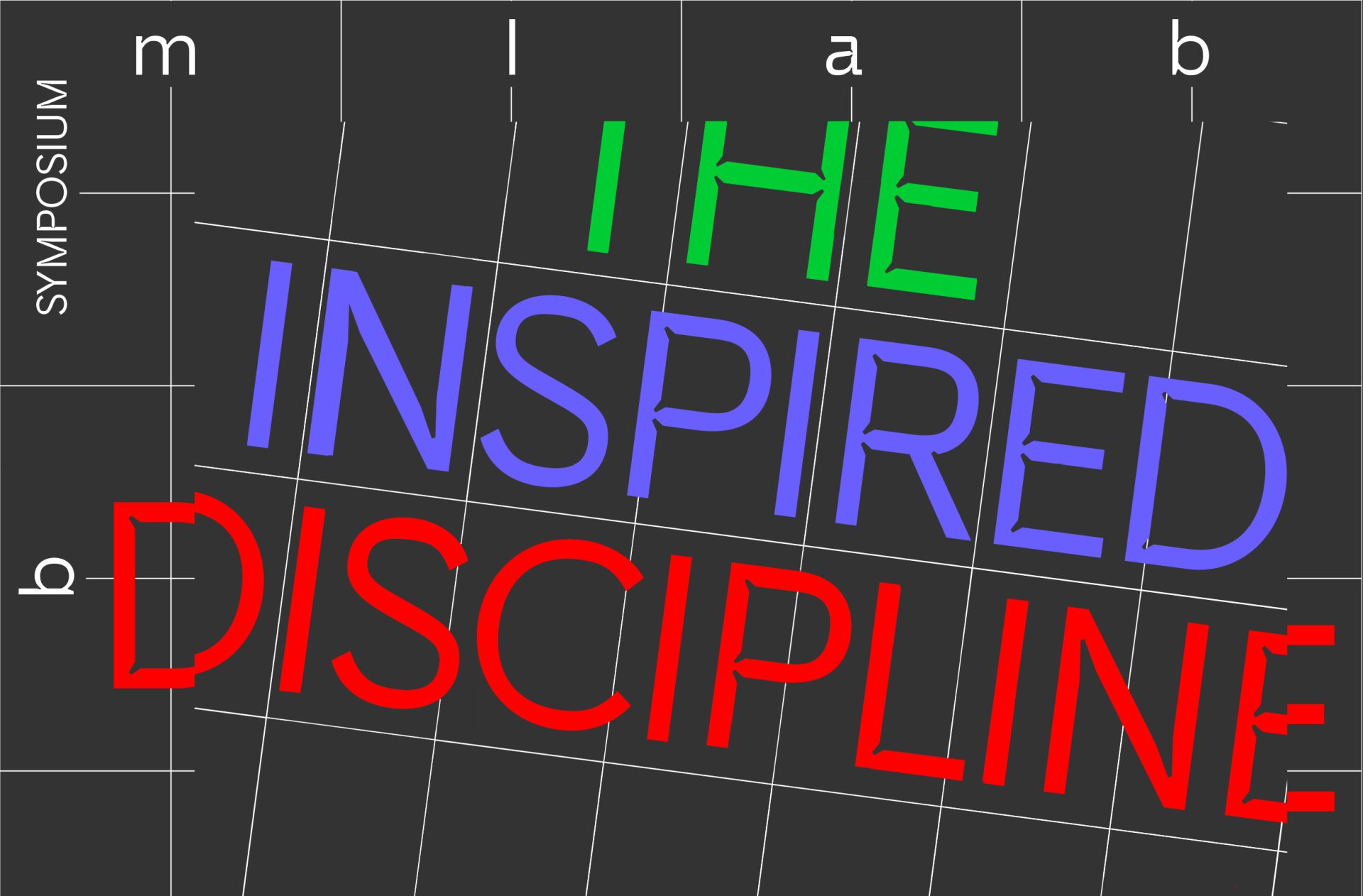
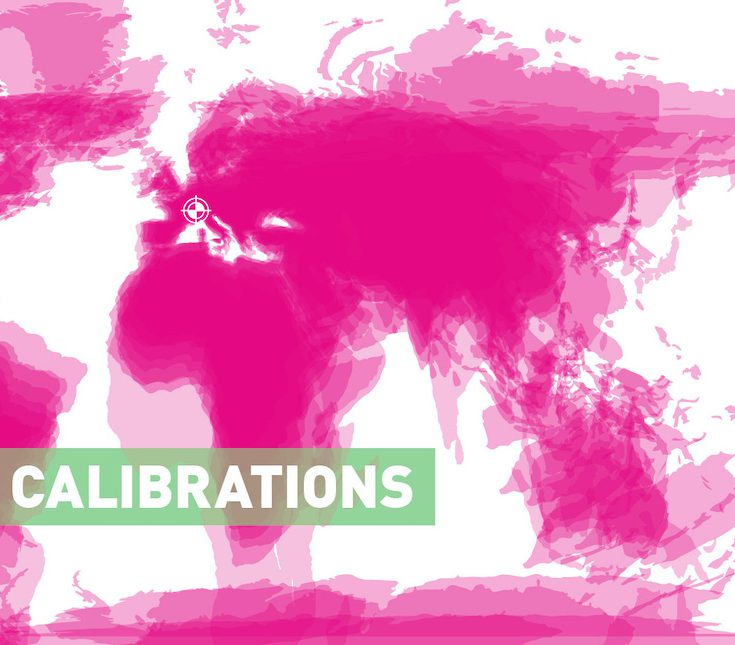
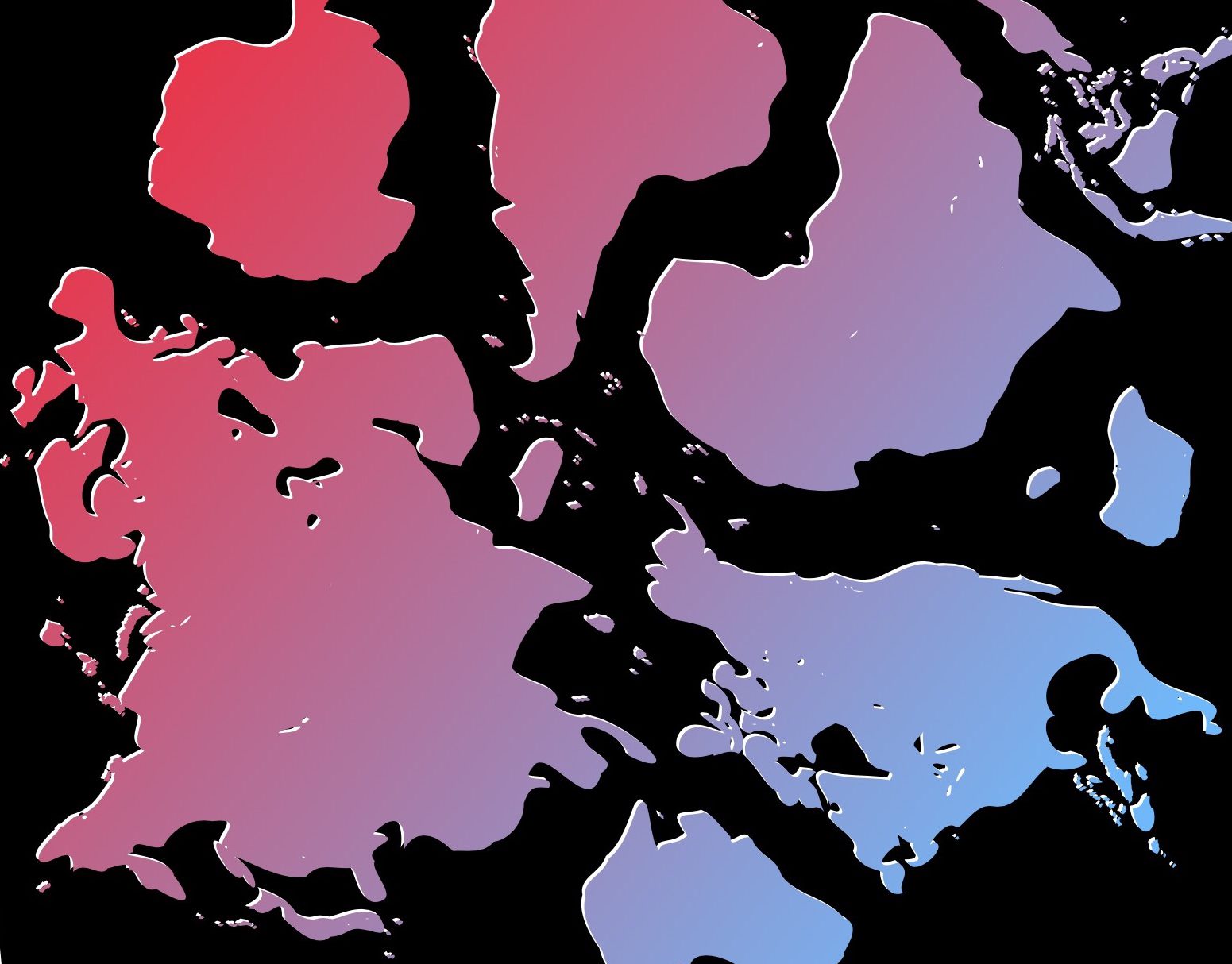
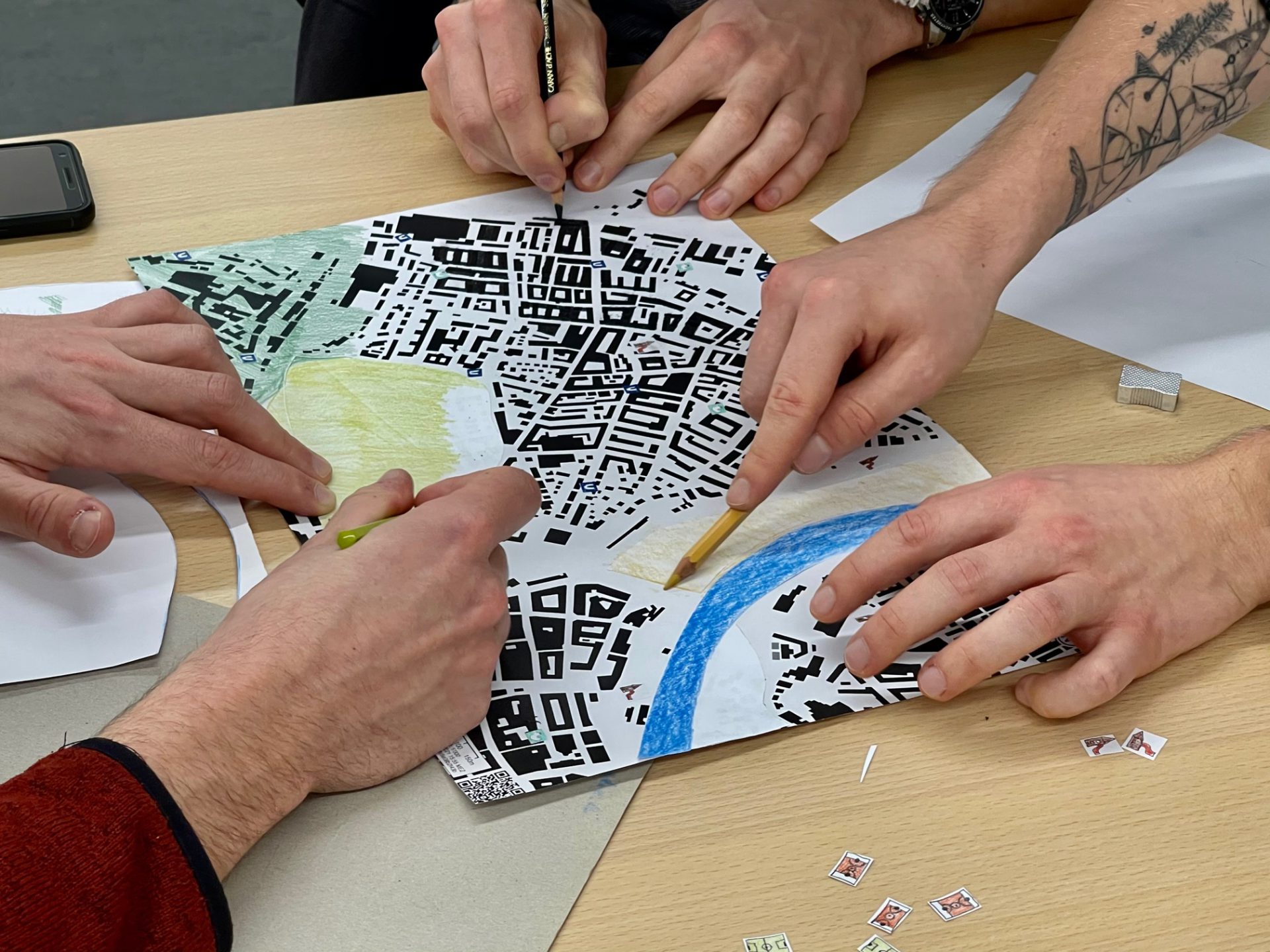

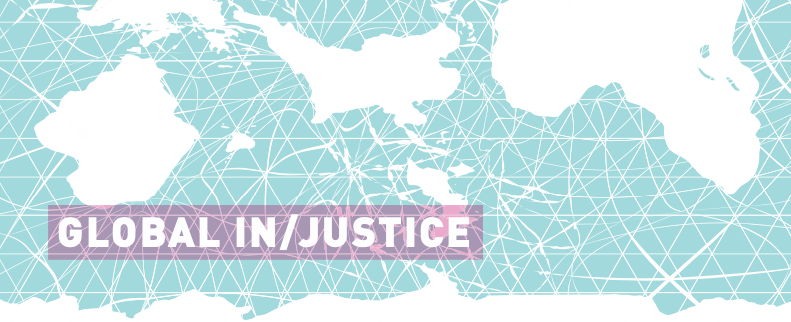
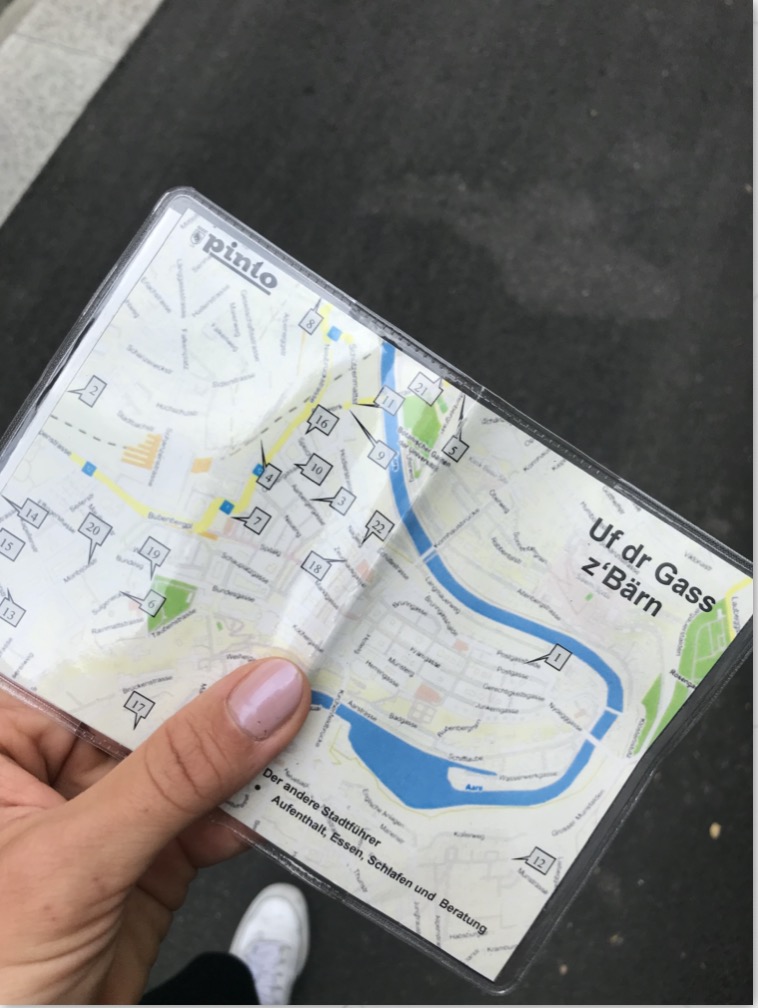
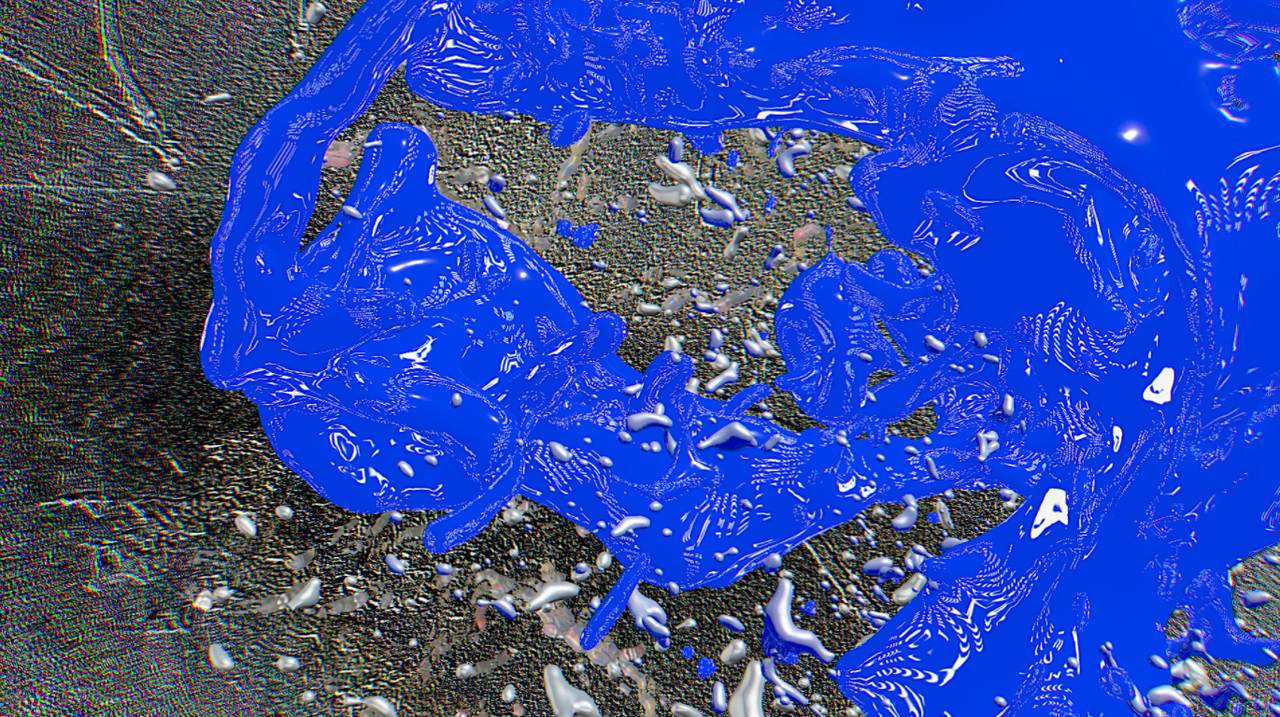

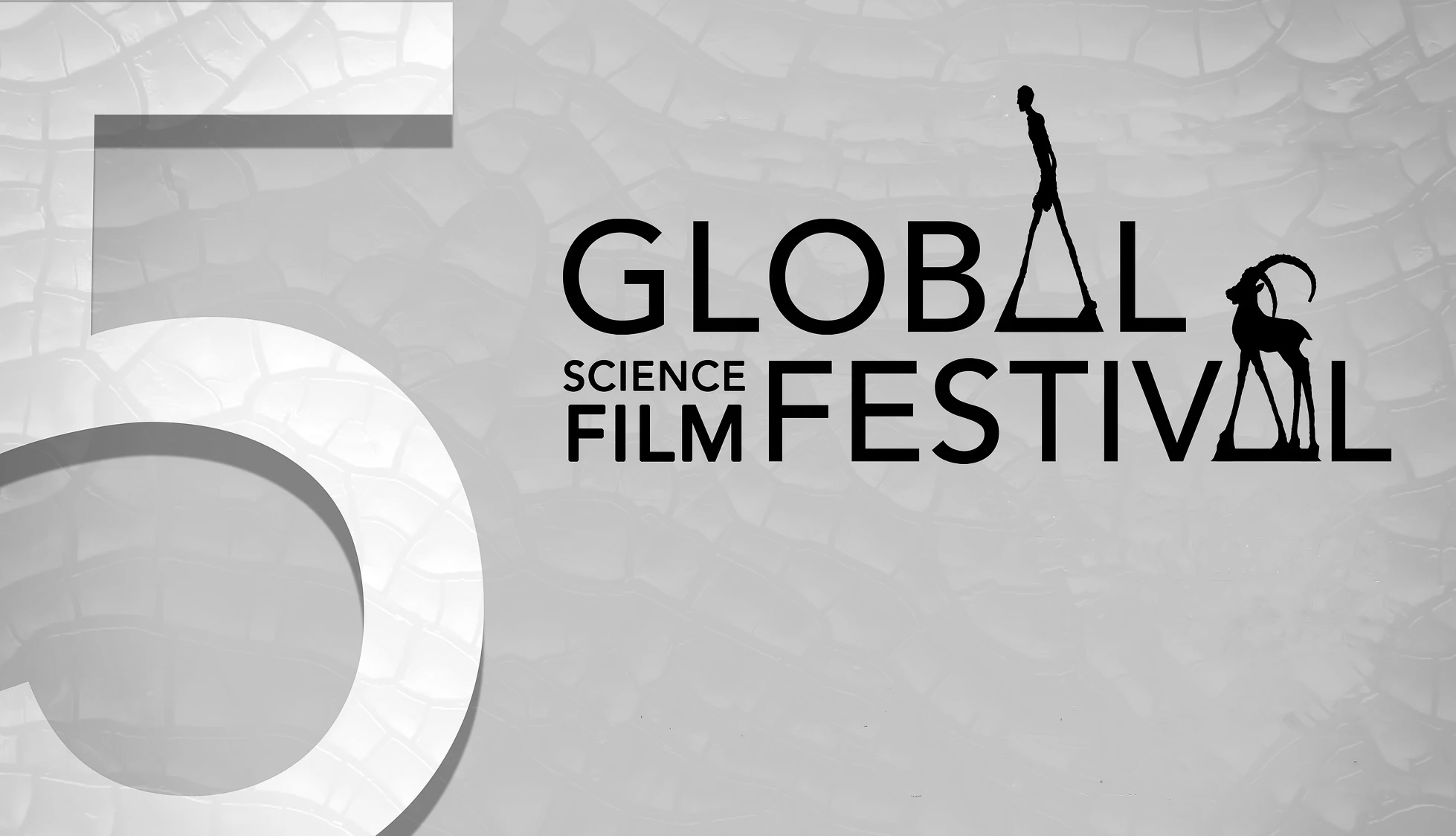
In collaboration with the Swiss Science Film Academy, the mLAB presents the 5th Global Science Film Festival. This spring, we celebrate cinema and science in Zurich, Lugano and Basel, and in autumn, we invite you all to Bern for a host of inspiring films and engrossing debates.
Zurich edition dates: 31.3.-2.4.2023
Bern edition, save the dates: 28.10. – 29.10.2023
The Global Science Film Festival is held in different cities in Switzerland since 2017. Festival programs include film screening (feature and short films with the presence of the filmmakers), debates (scientists and filmmakers), and opening & award ceremonies. Impressions of the last Global Science Film Festival can be found here and program details for the spring event can be found here.
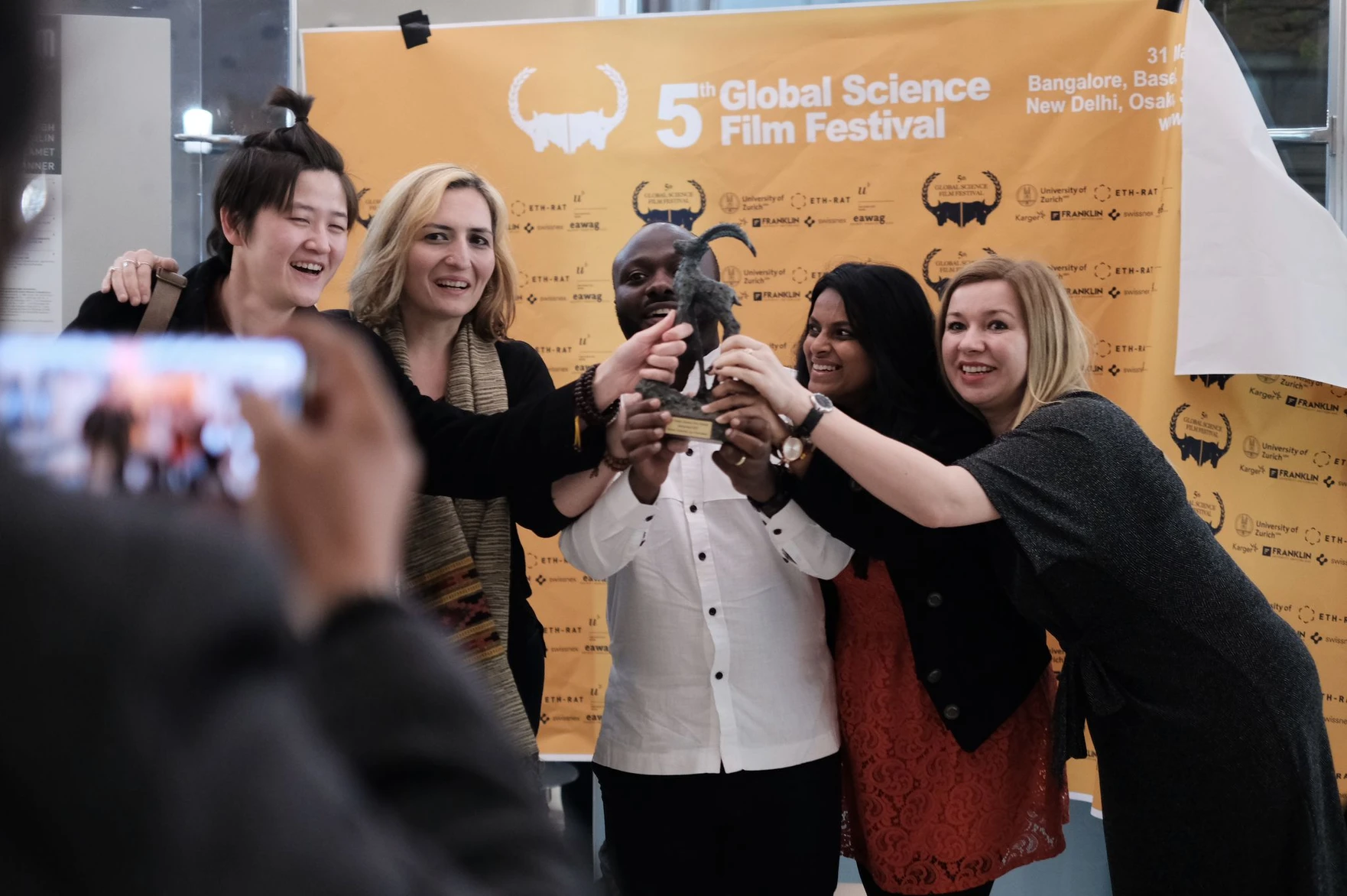
Films produced in the scope of the Science Film Making Marathons are also shown at the festivals, allowing scientists to communicate their research and reach a broader audience. This year’s award for the best film goes to Sewing Souls by filmmakers YinYin Ma, Eda Elif Tibet, Celestine Mutuyimana, Surangika Jayarathne, Nataliya Borys and Bo Cheng. The film is based on historical trauma and inspired by Celestine Mutiyamana’s (PhD Candidate in Psychology at the University of Zurich) findings and research with Rwandan genocide survivors.
Science Film Making Marathons take place every year in Zurich and are open to Scientists, Postdocs, PhD and Master students enrolled at any Swiss higher education institution. Sarah Hartmann, Postdoc in Critical Sustainability Studies at the University of Bern, describes her experience as follows:
The marathon offers scientists a great opportunity to get their first taste of filmmaking. Within three days you go through different phases from pitching ideas, team building, developing a story, creating the storyboard, writing the script, assigning roles, finding shooting locations, organising props to the actual filming and sound recording, and finally cutting and editing in post-production. I really enjoyed working with an interdisciplinary team of scientists with a common interest and being coached by the film makers. It was challenging at times to bring different ideas together and to get a feeling for what was feasible, but also fun to try different options and techniques and discover hidden talents among us. It was a highlight to see our short film on the big screen at the Global Film Festival in Zurich. The event was inspiring in many ways and I am definitely taking the experience with me into my current research project.